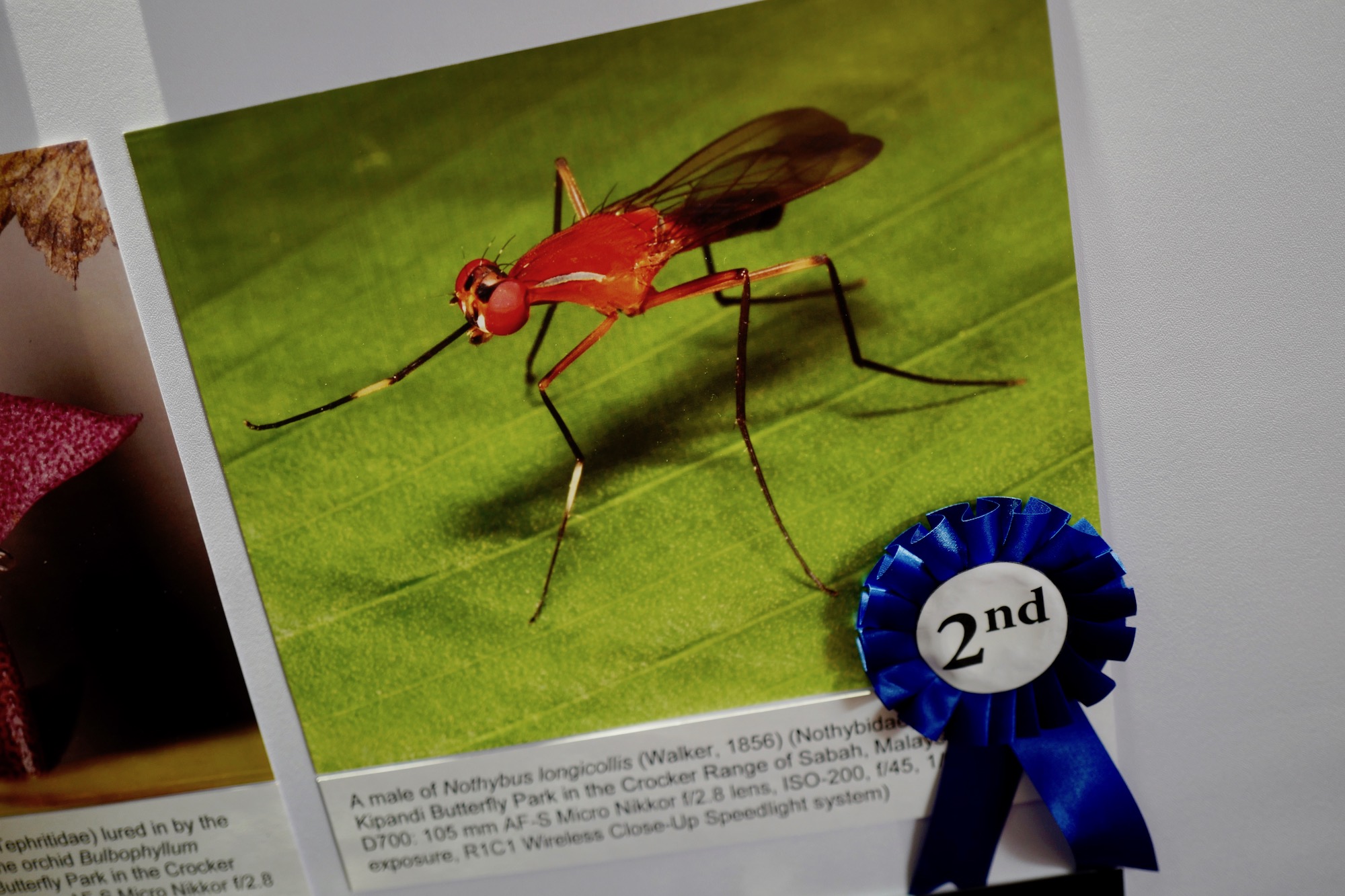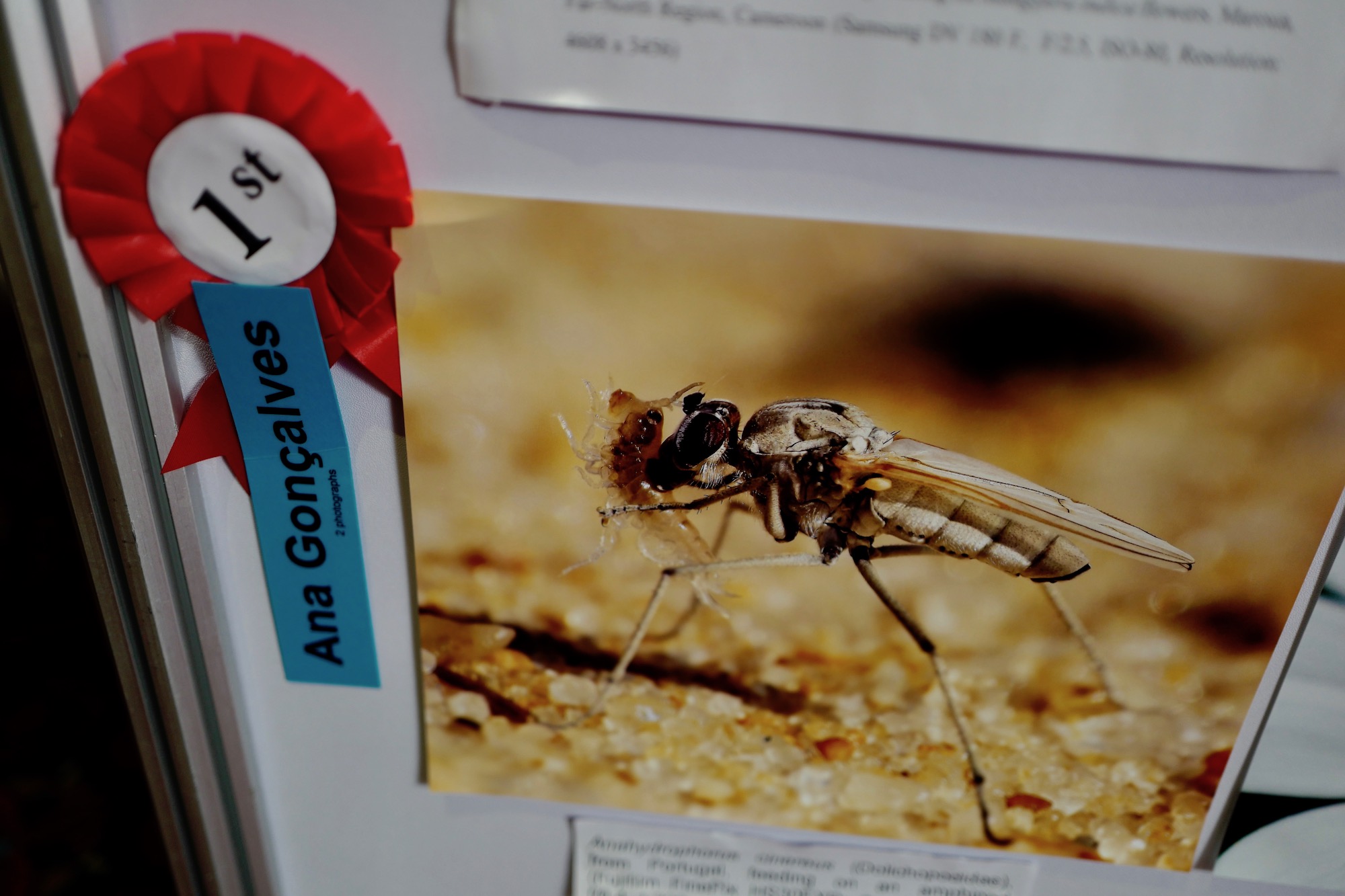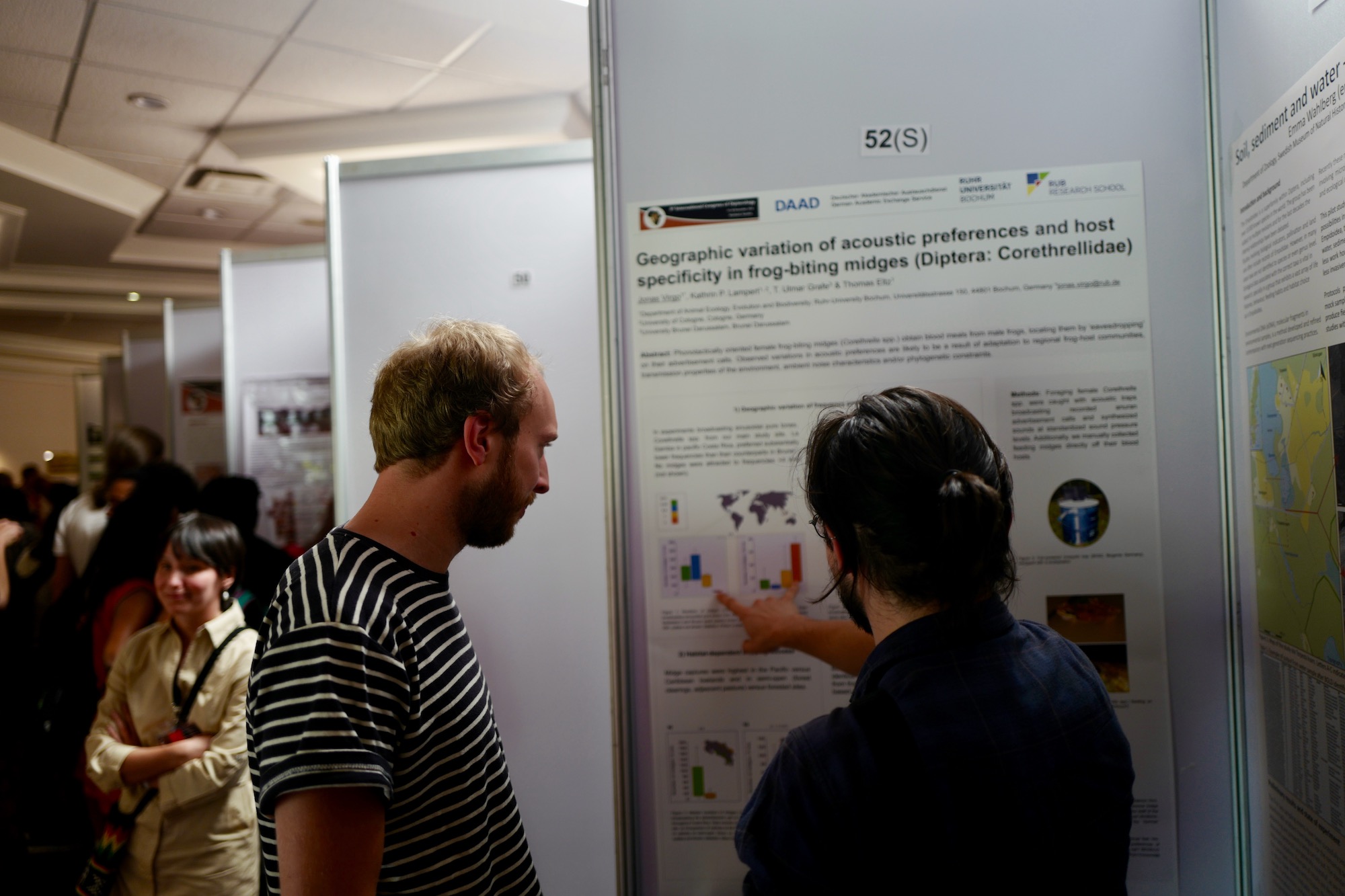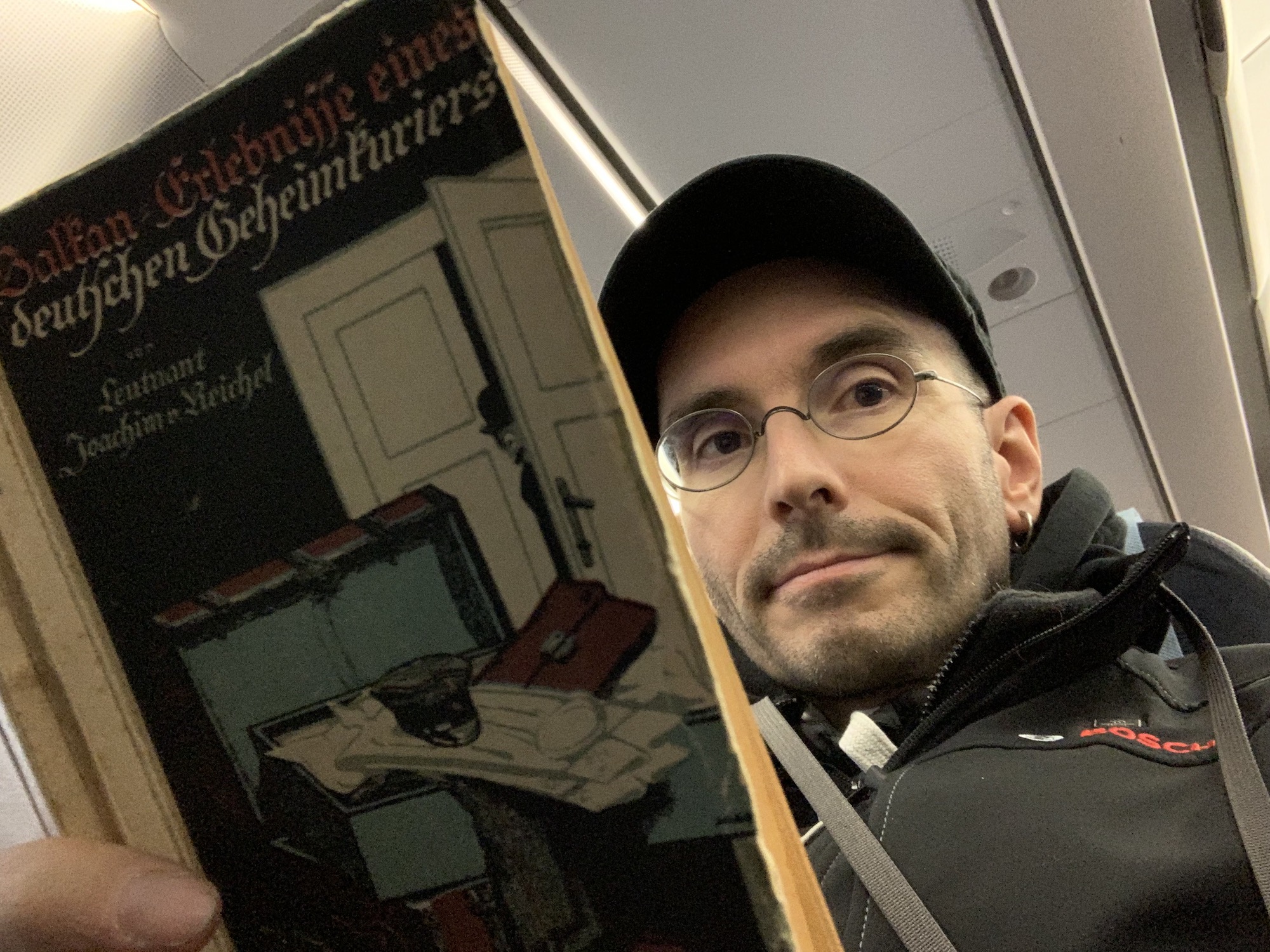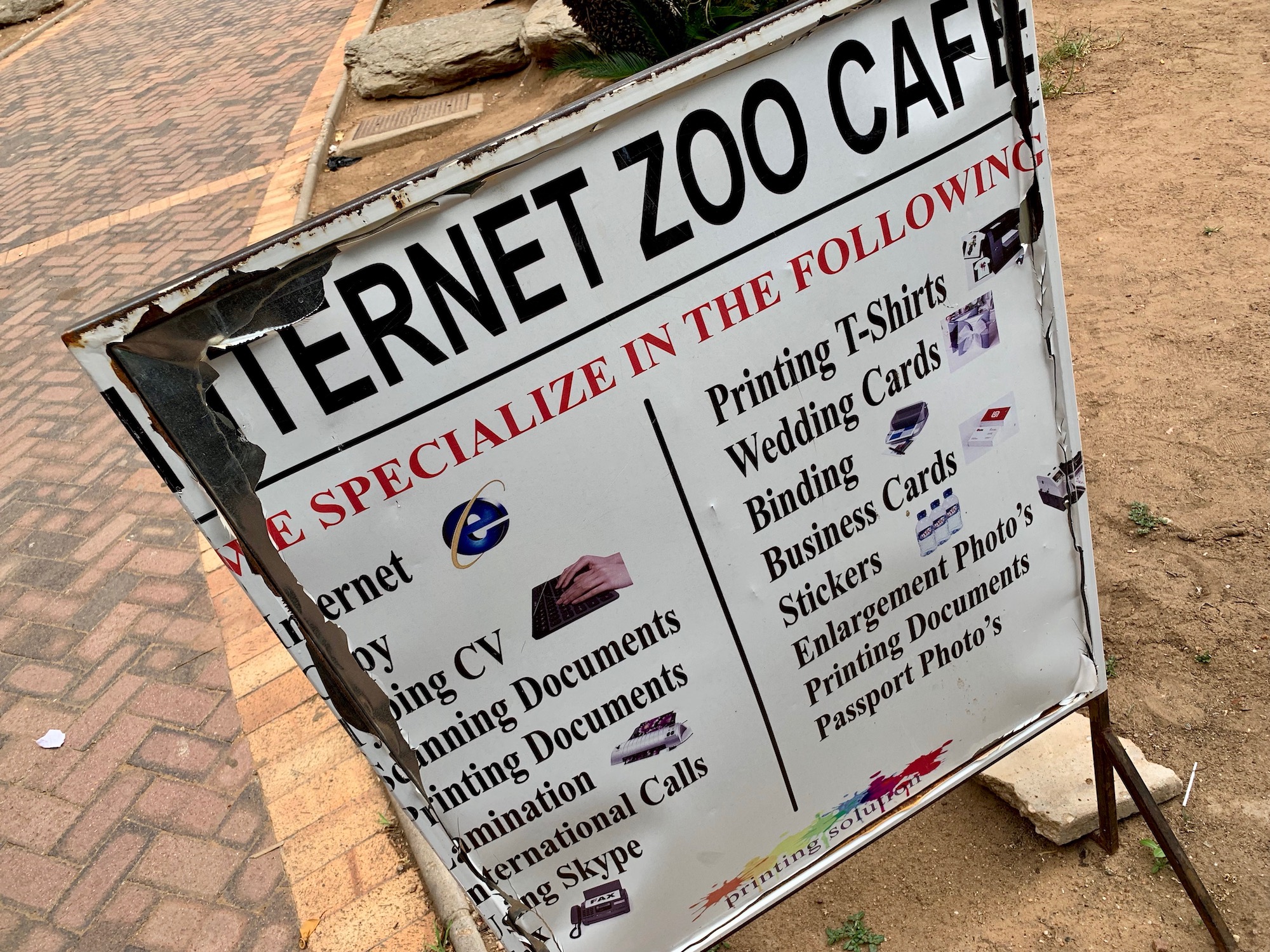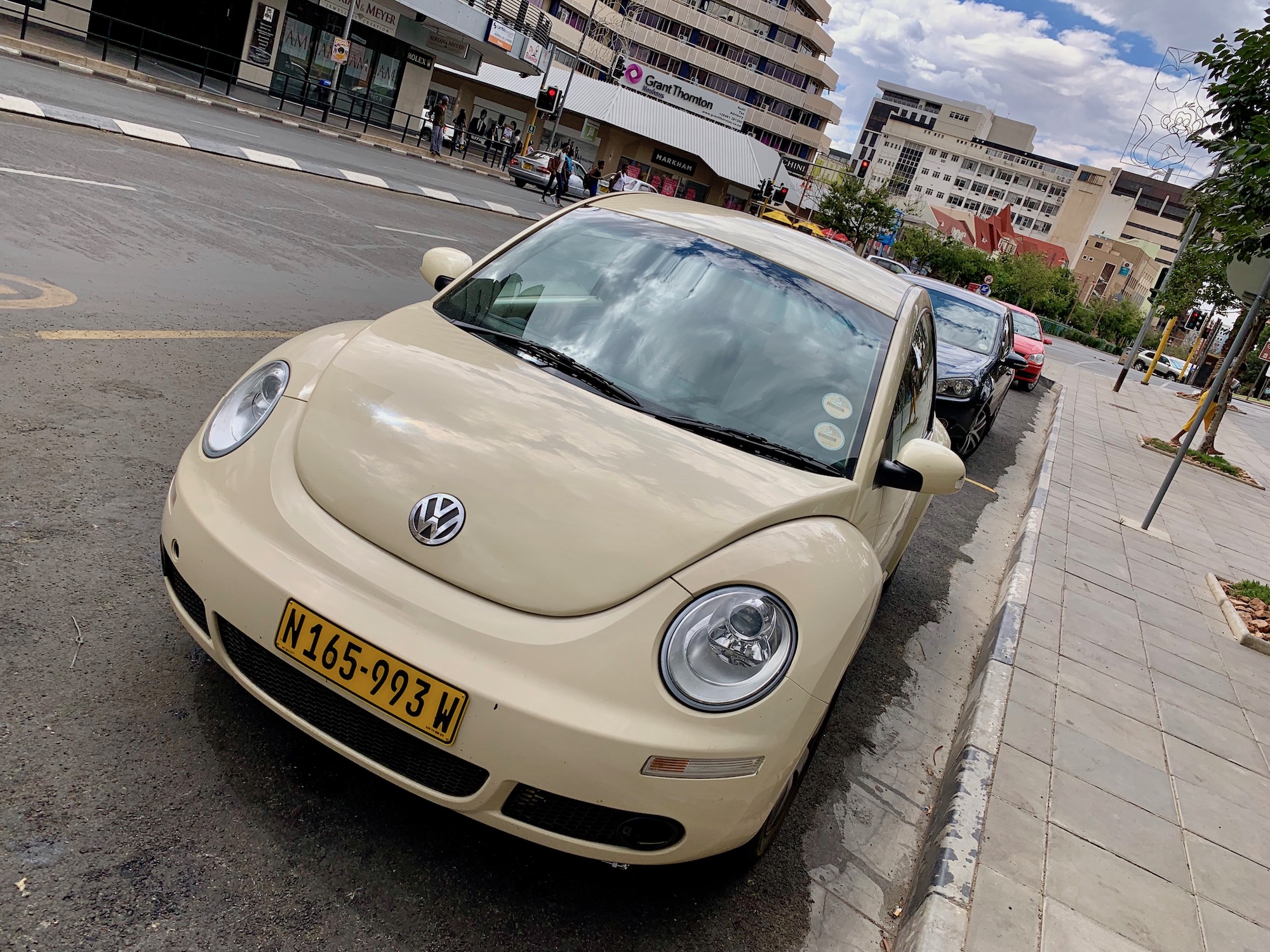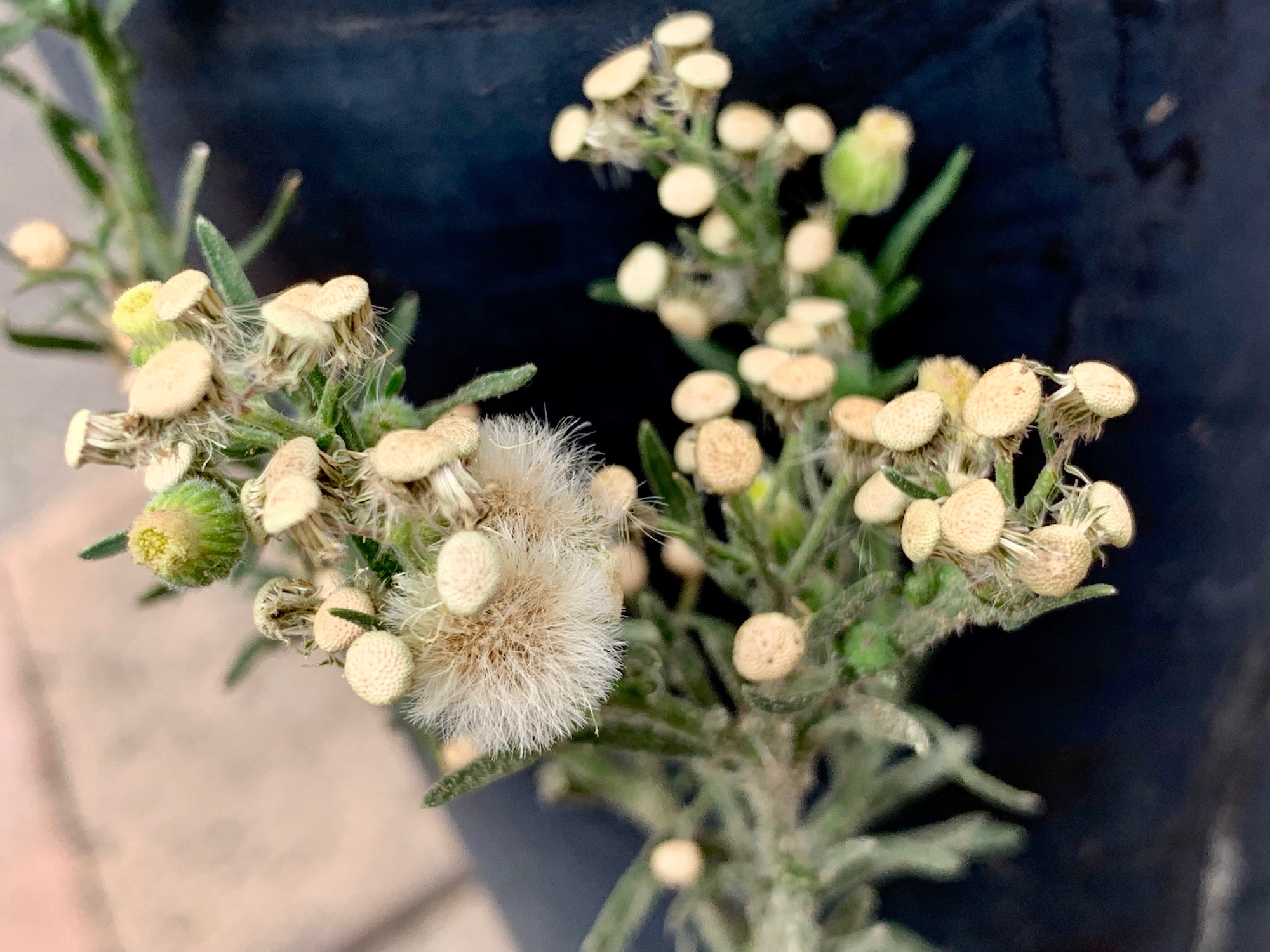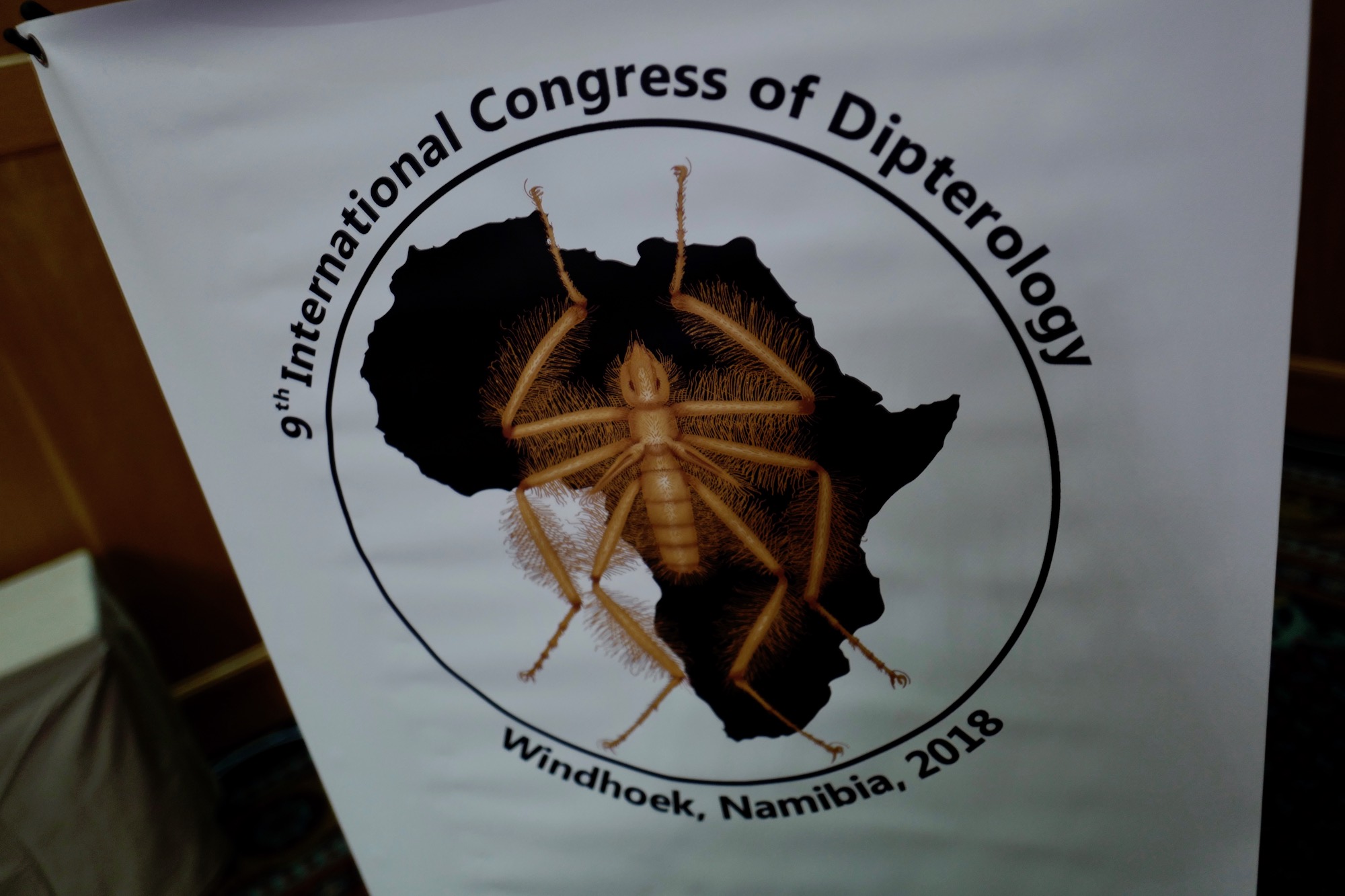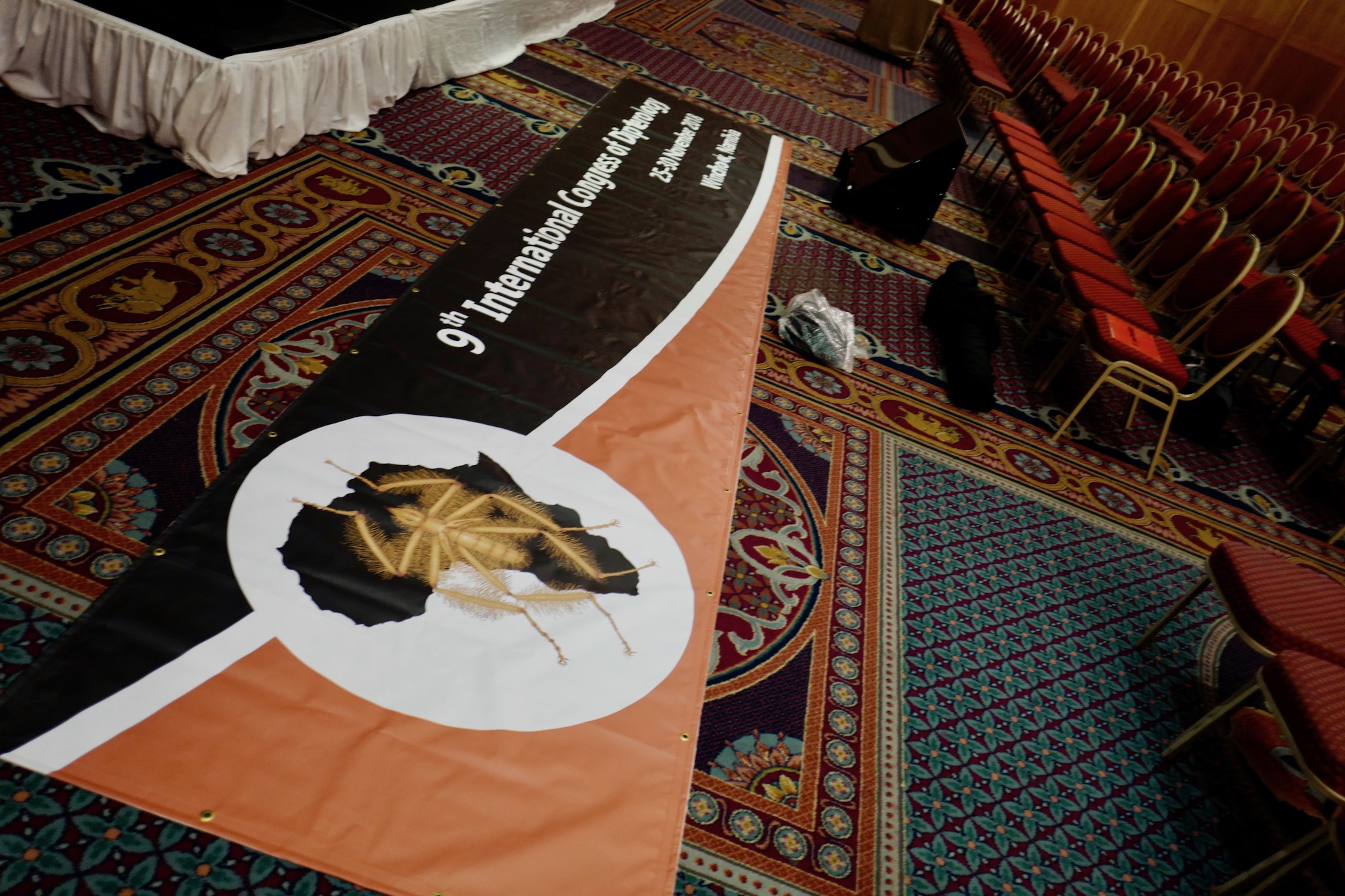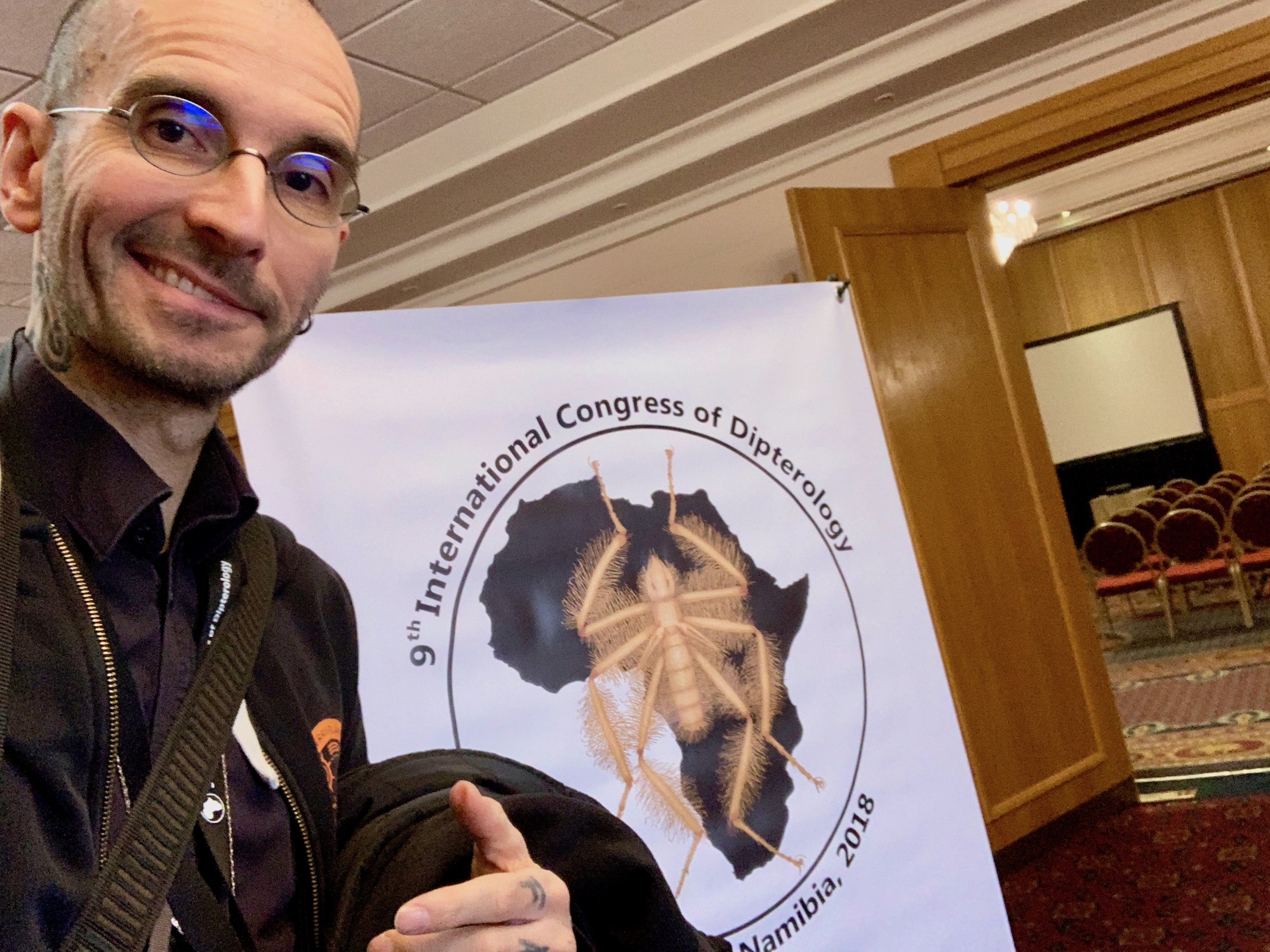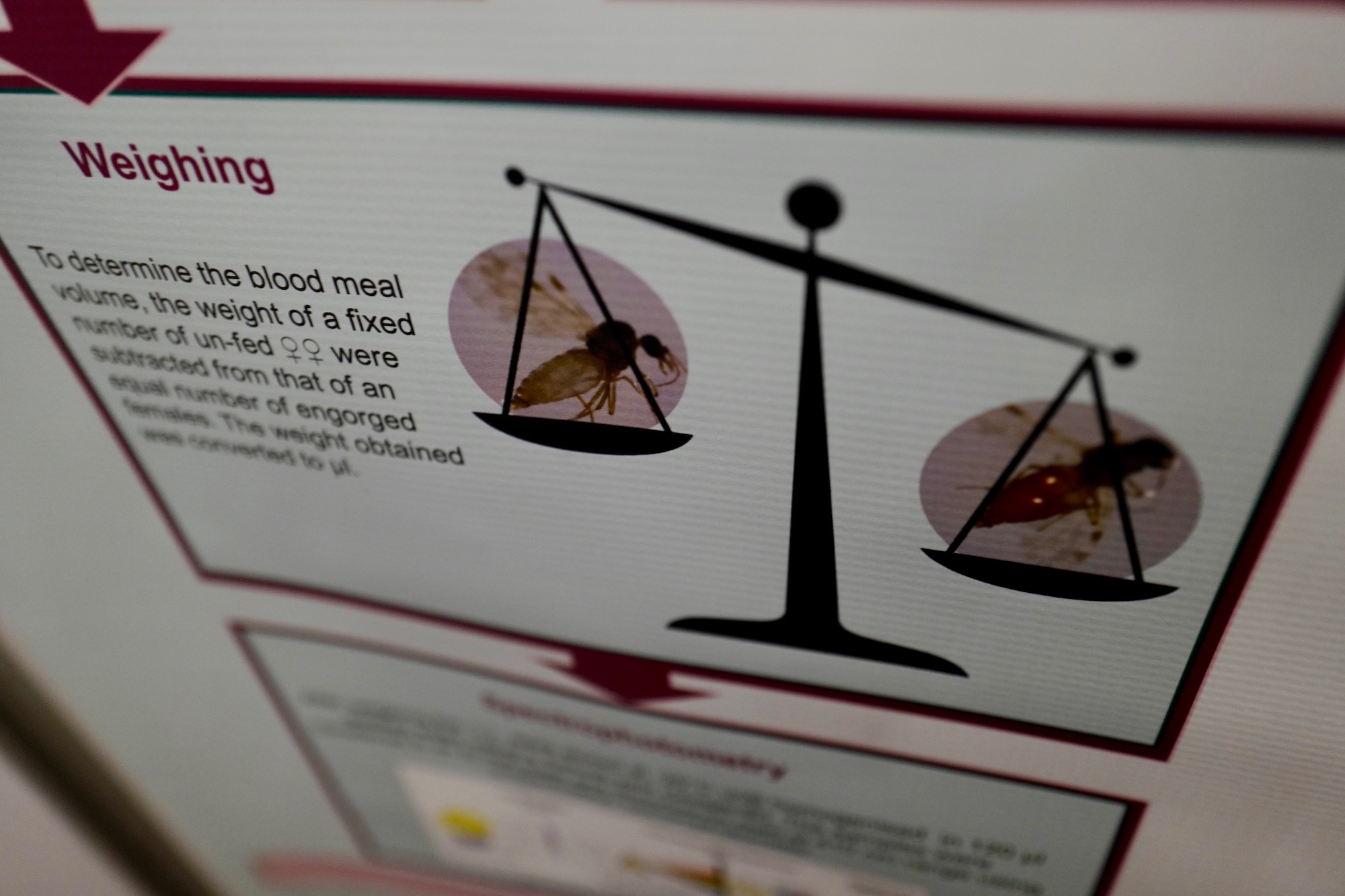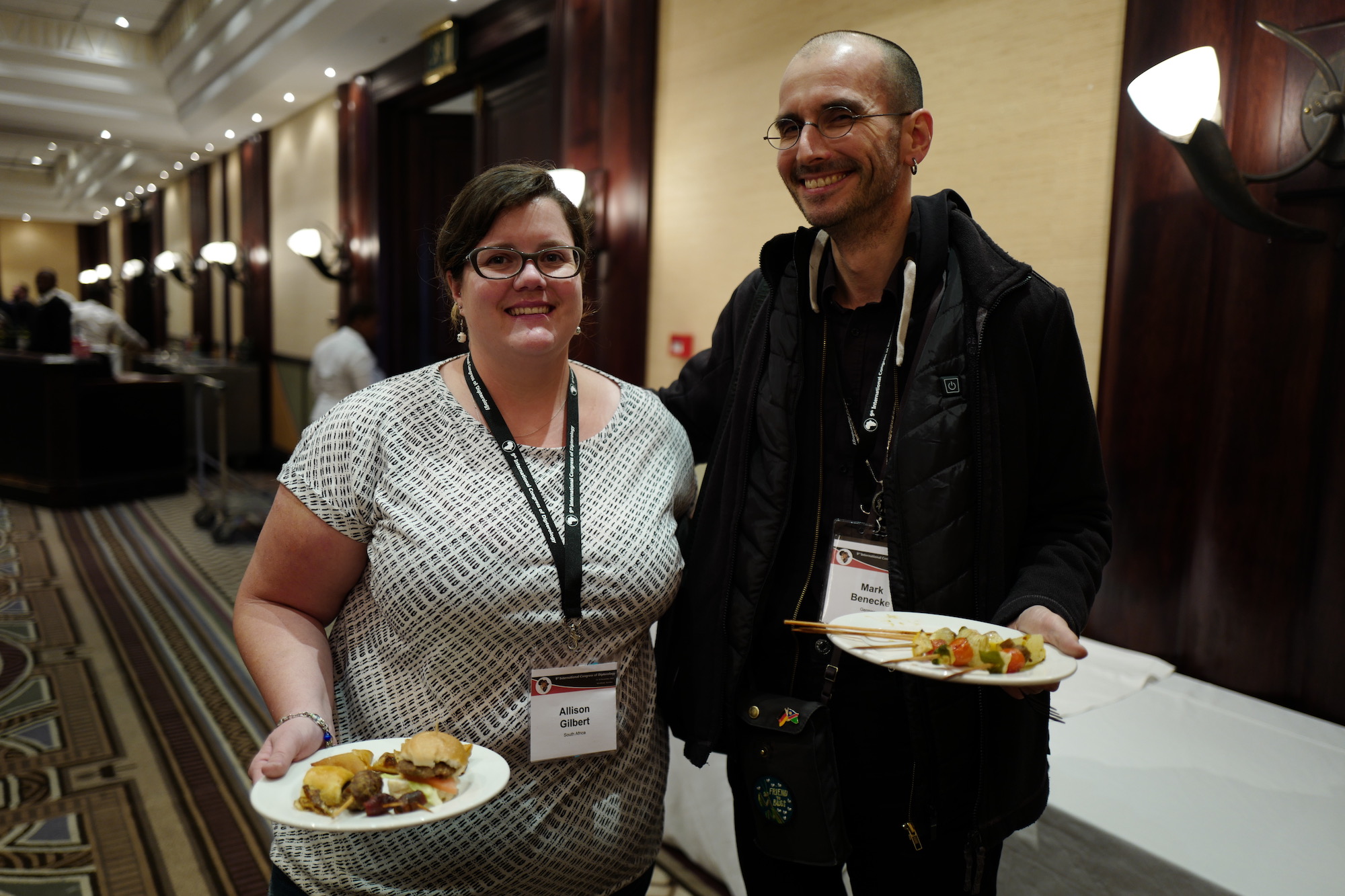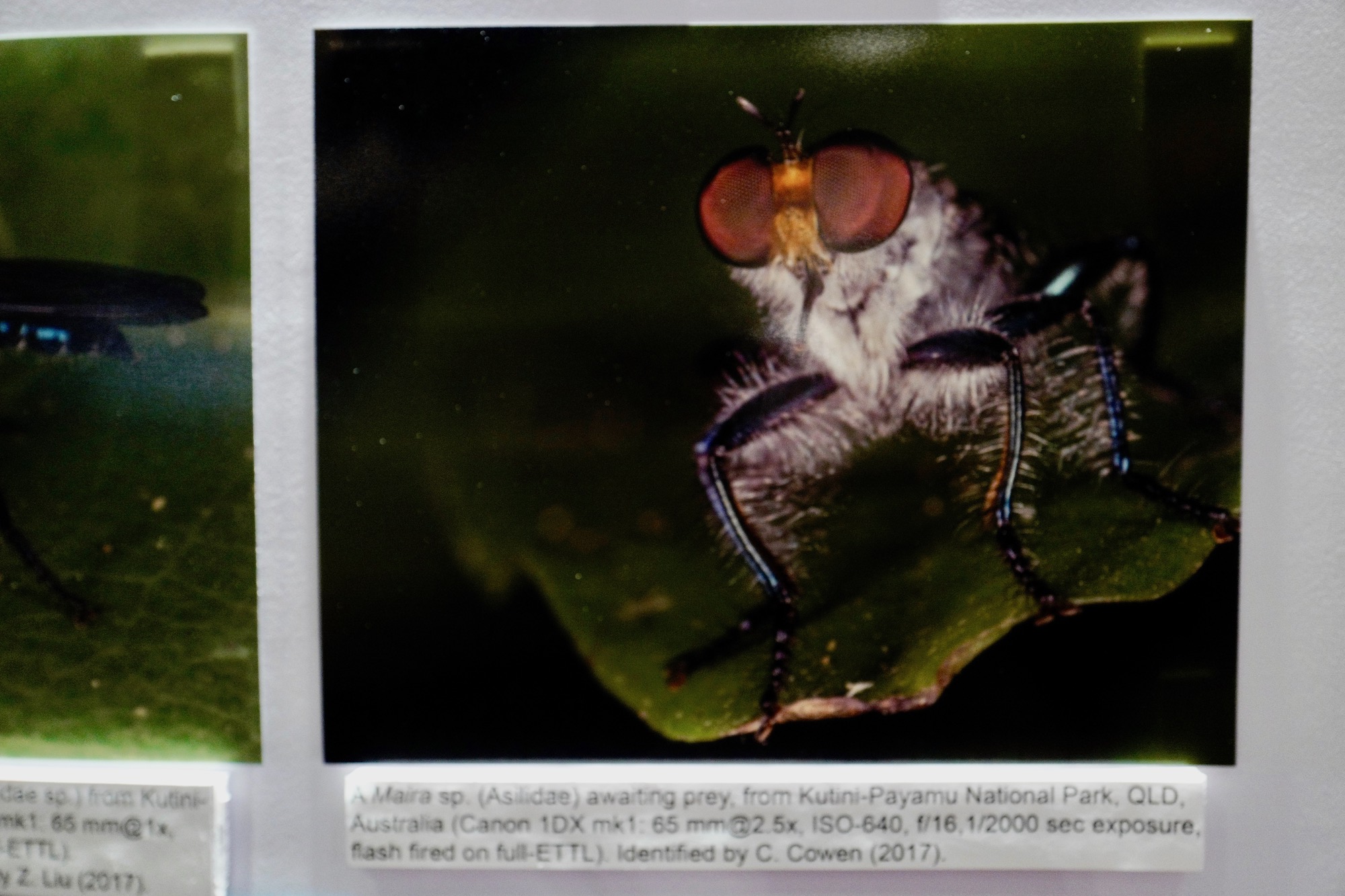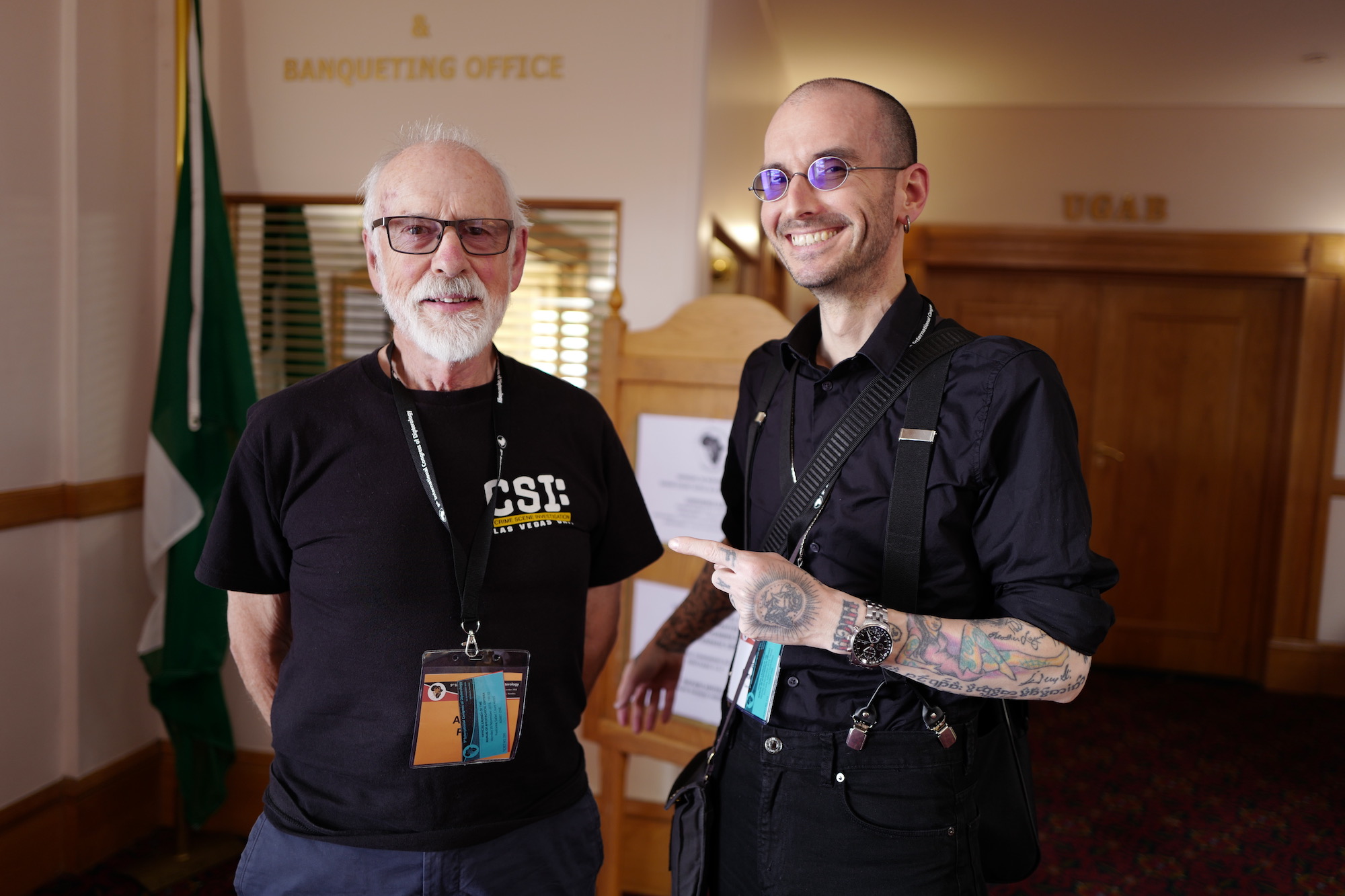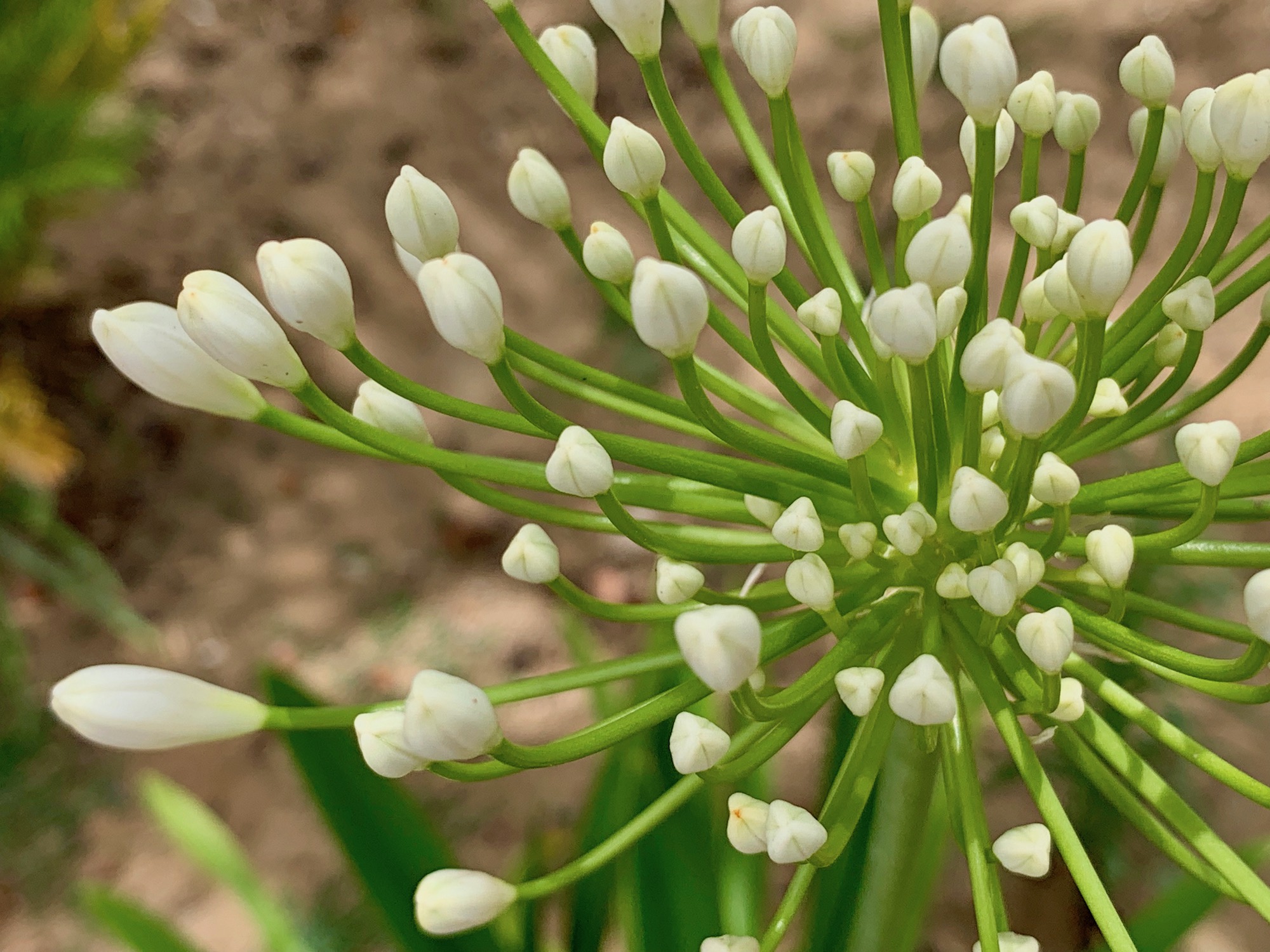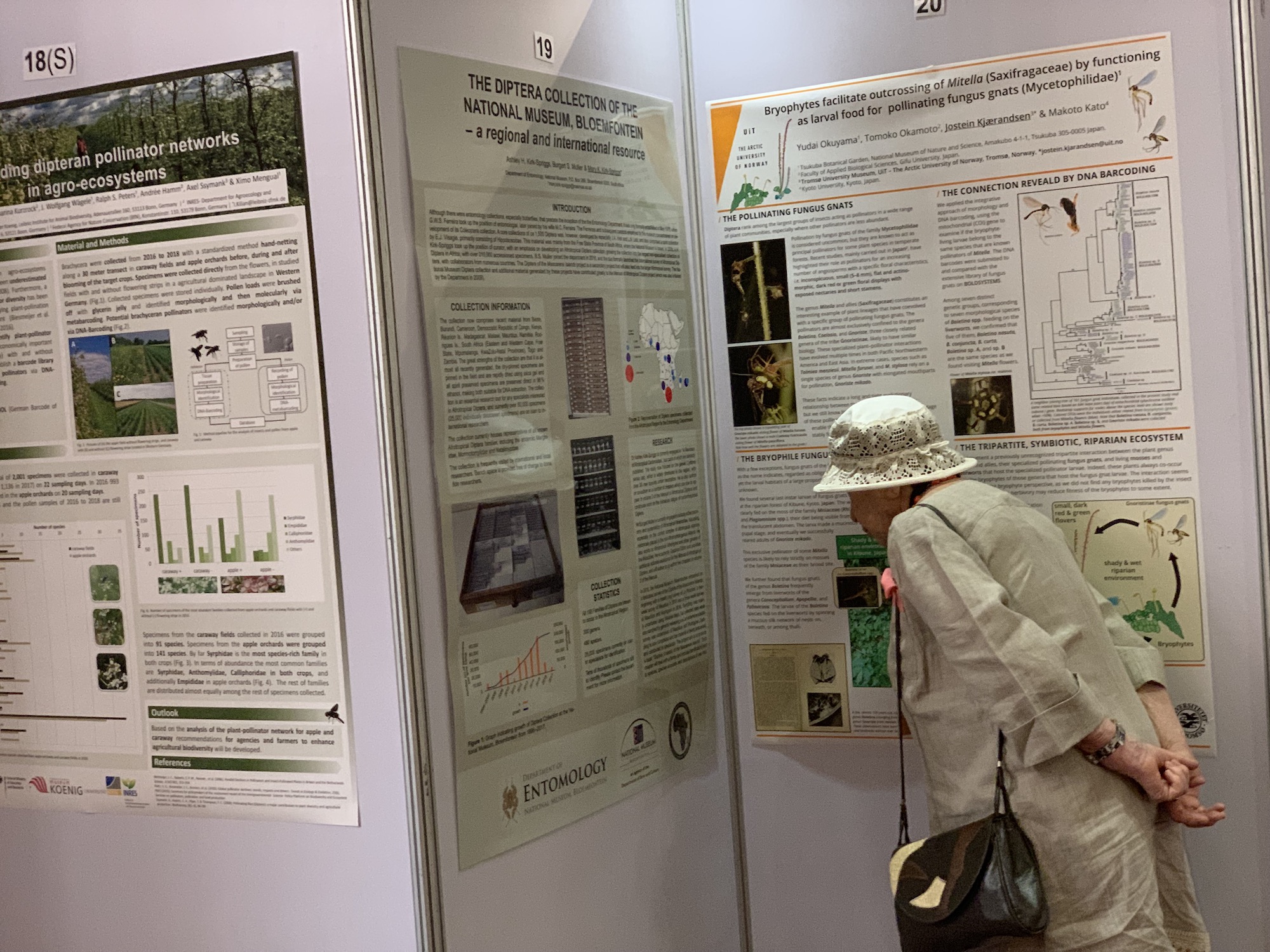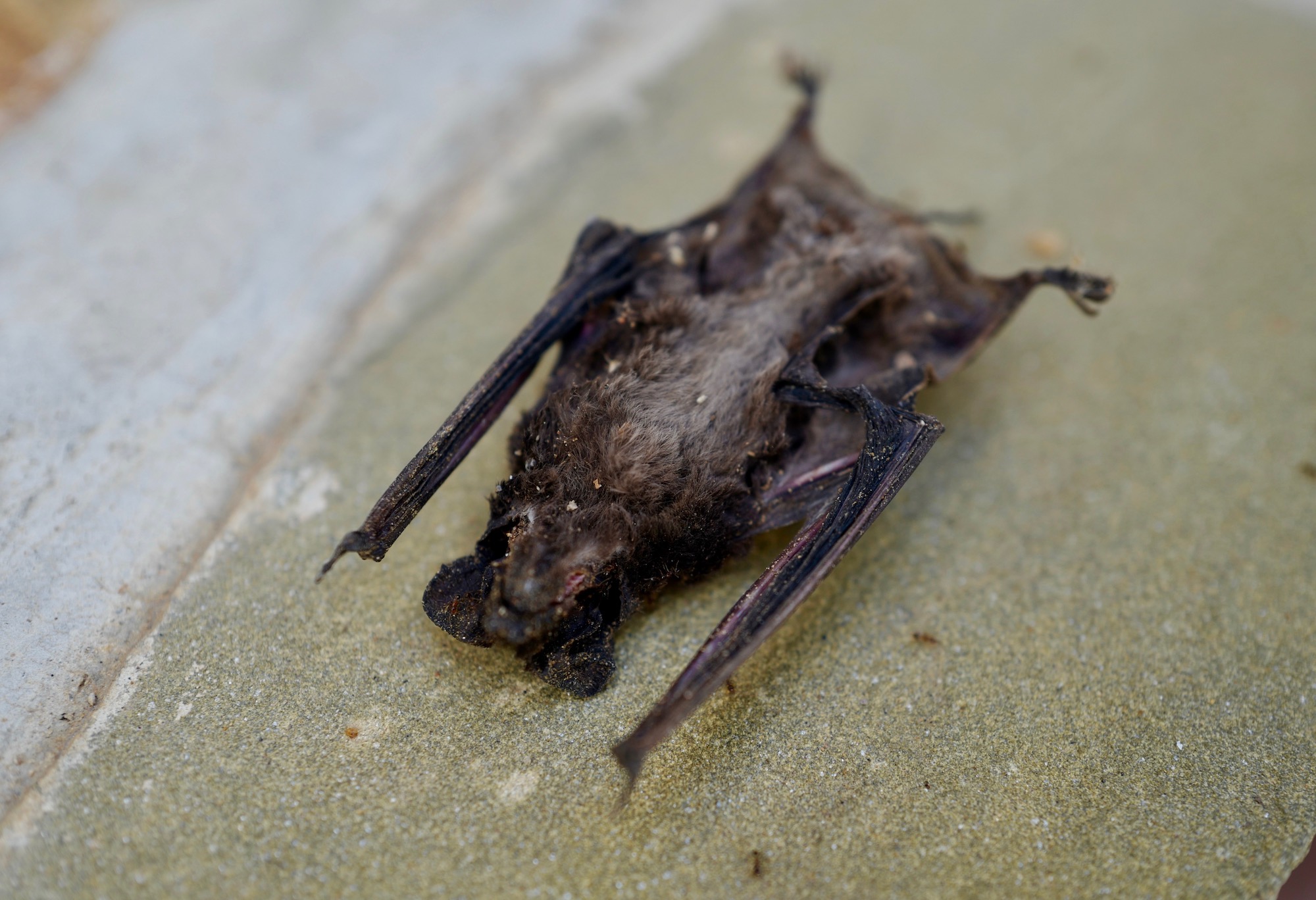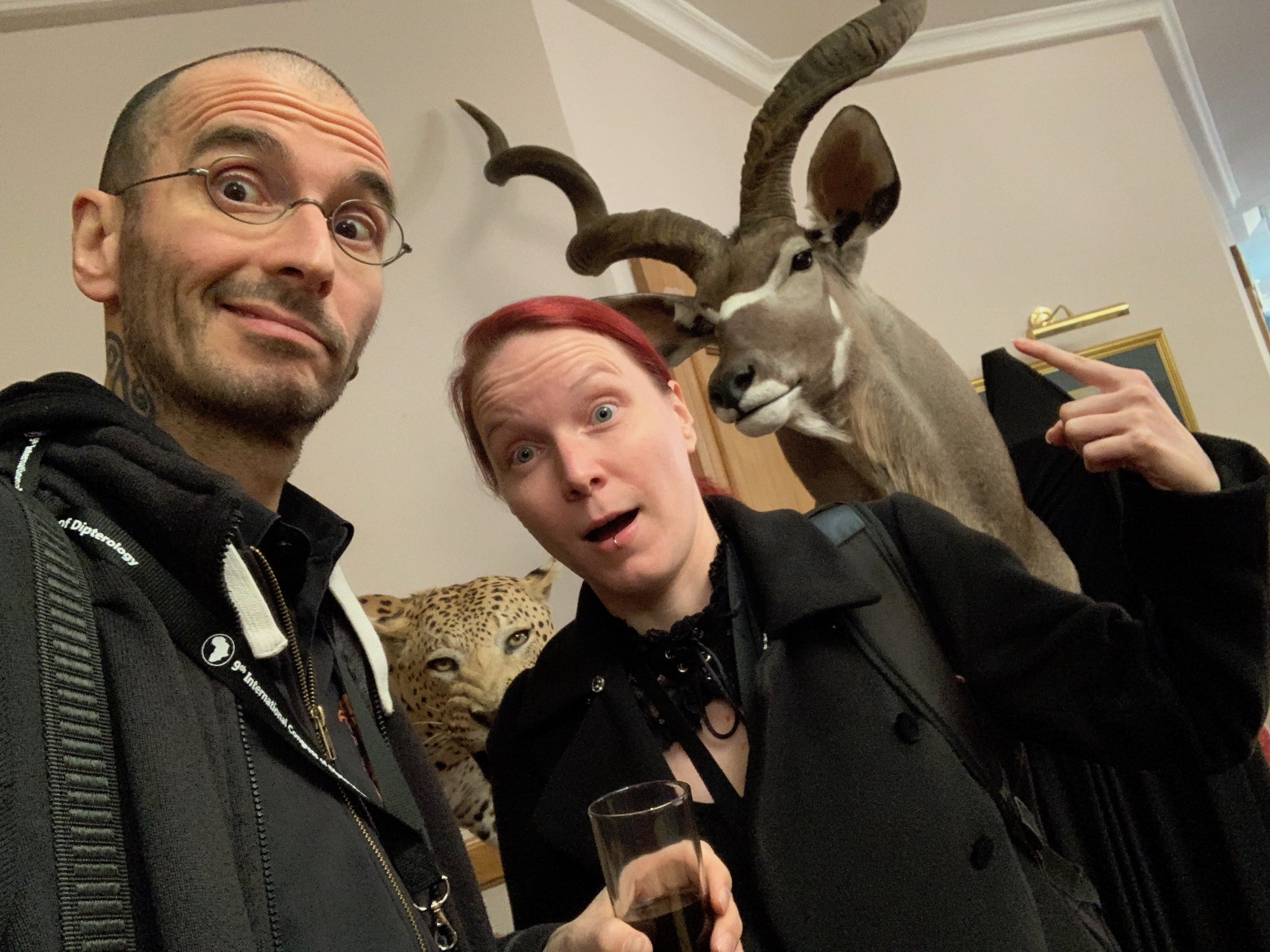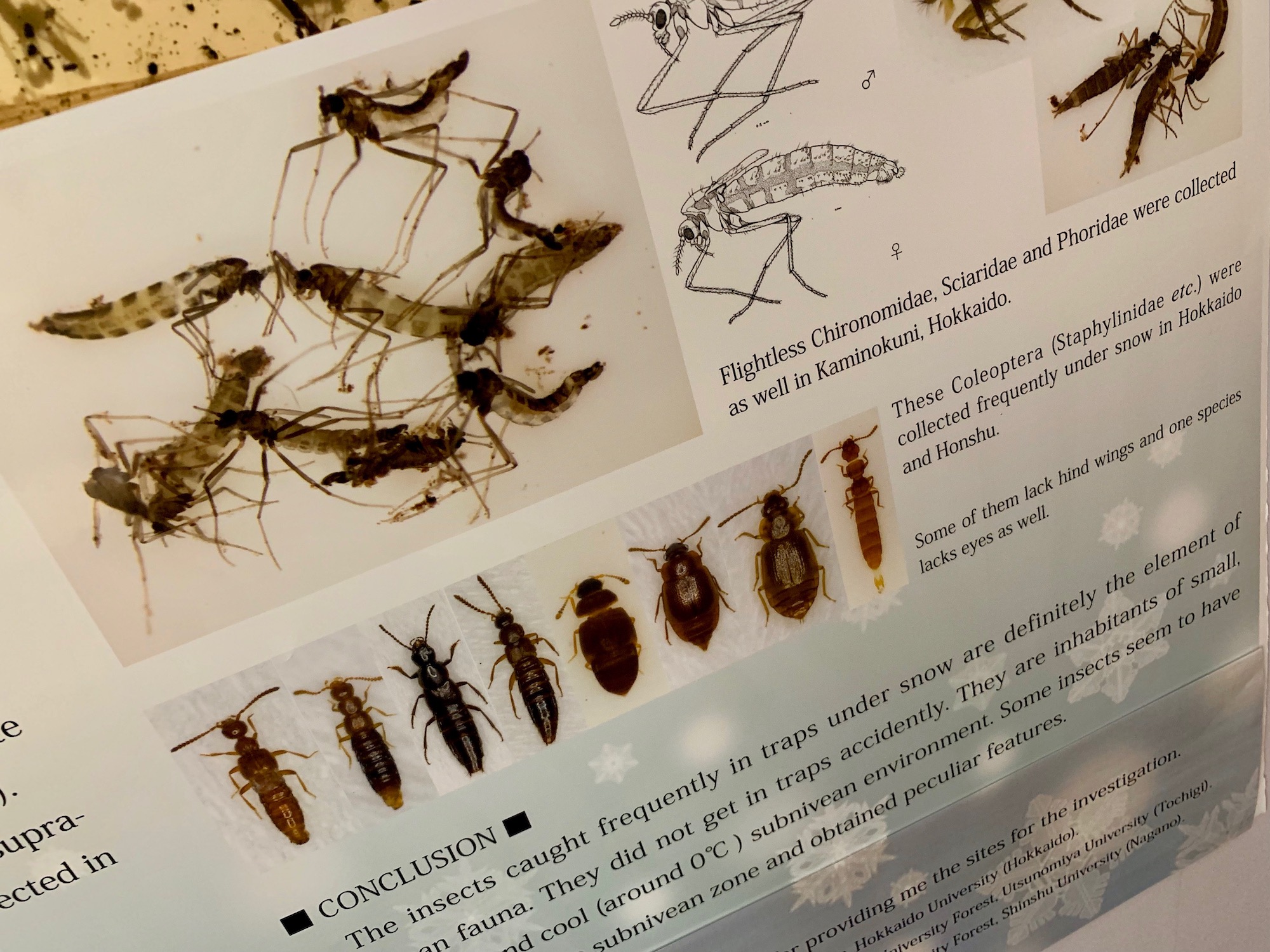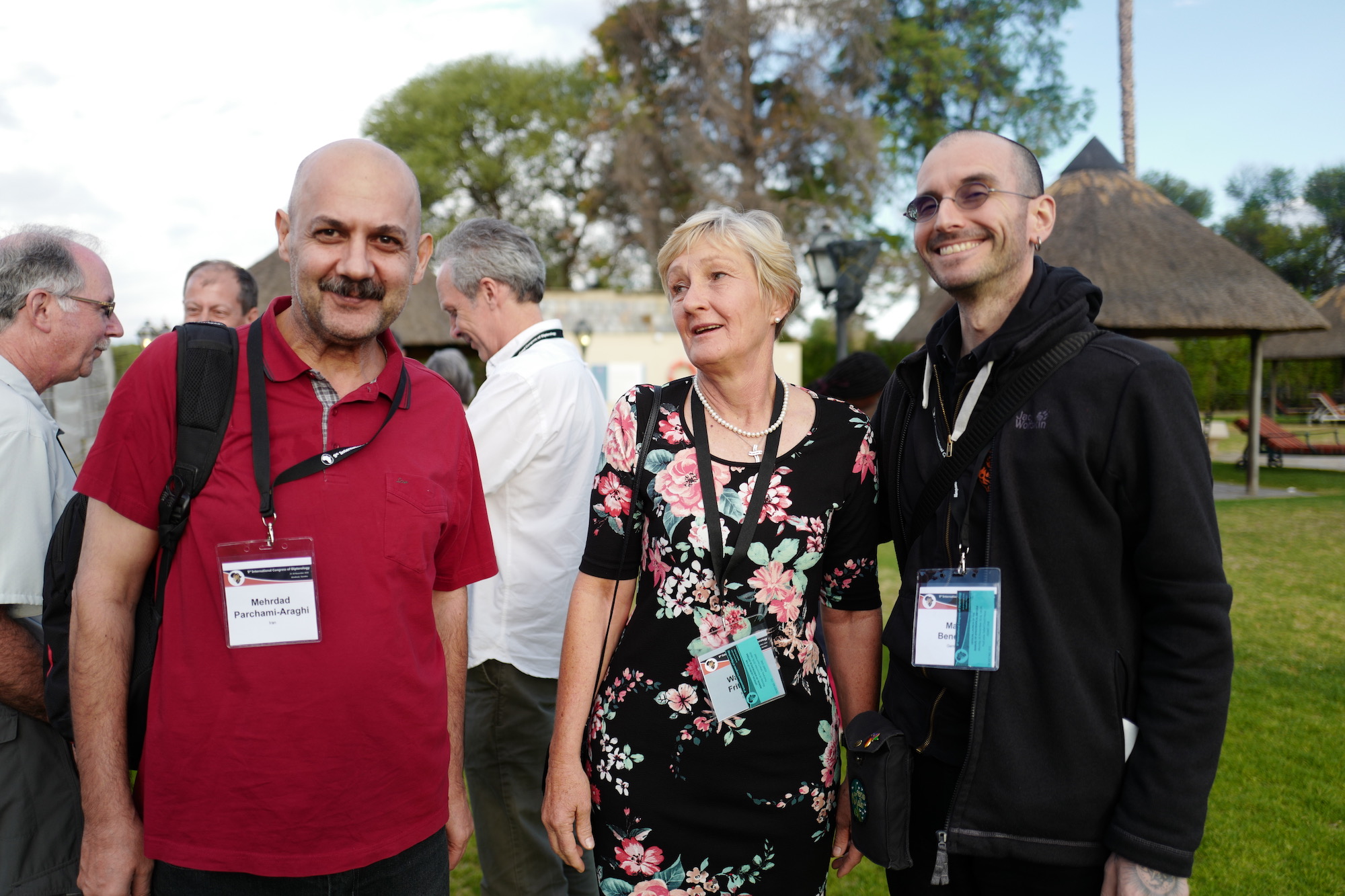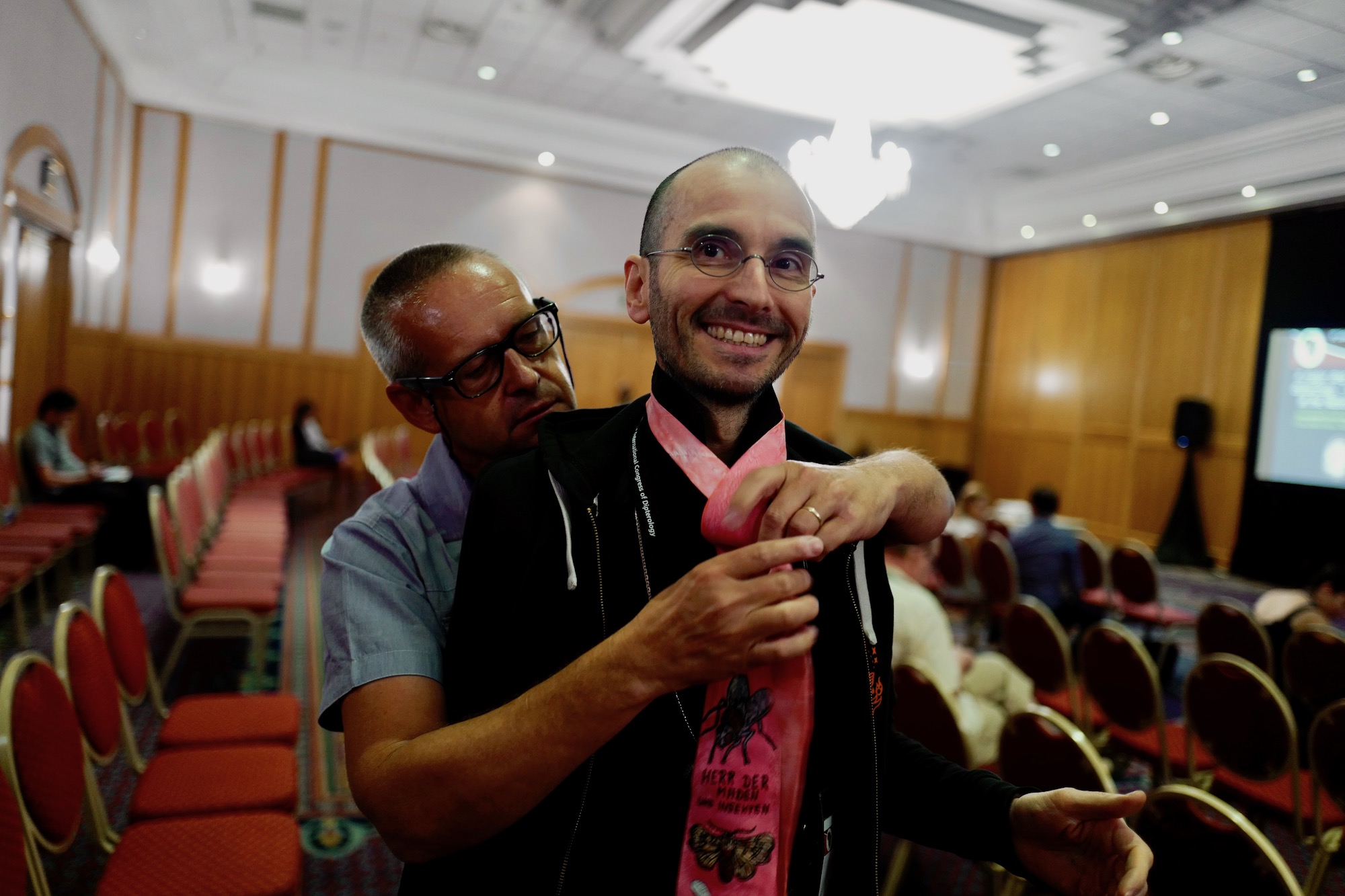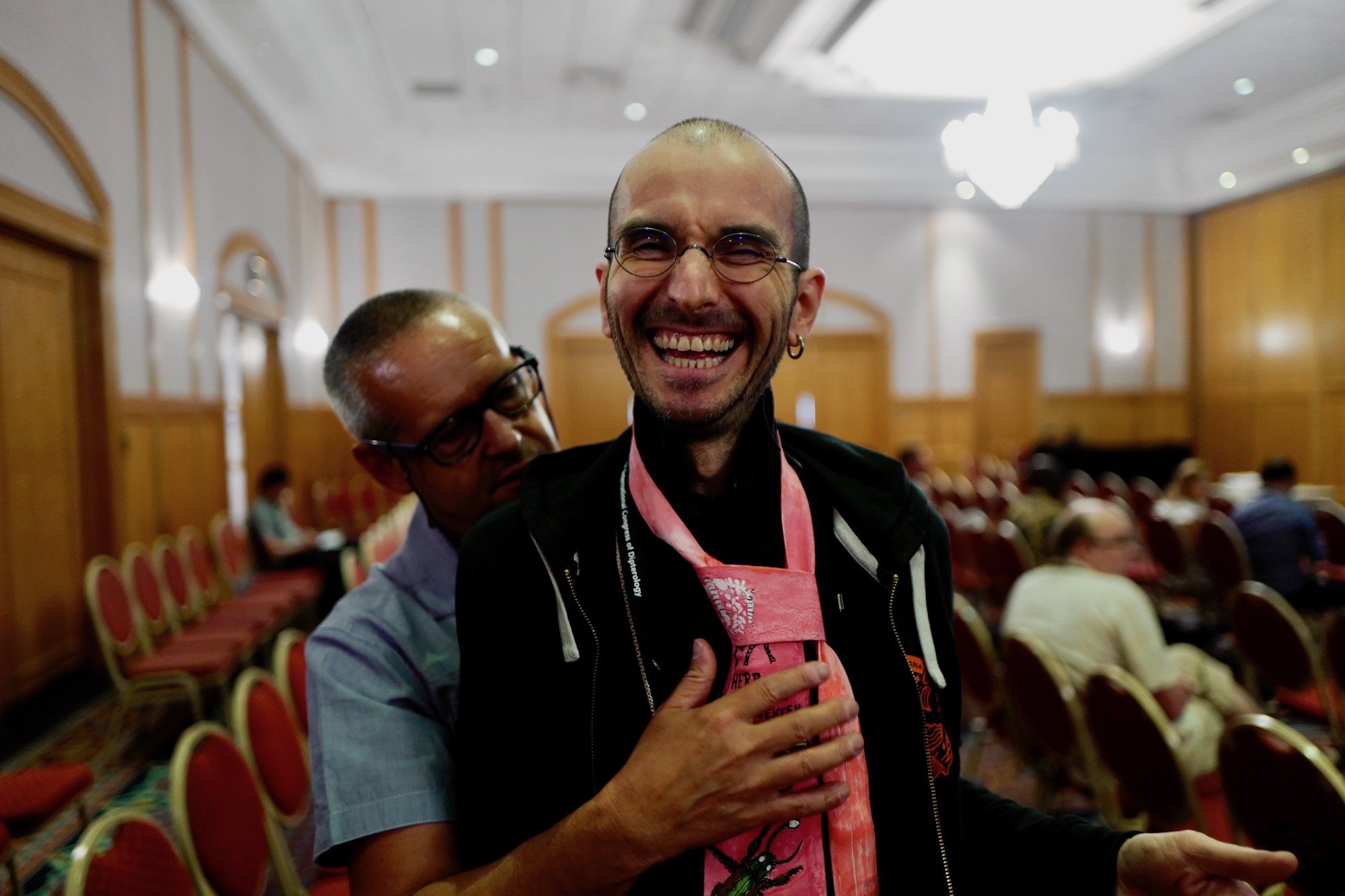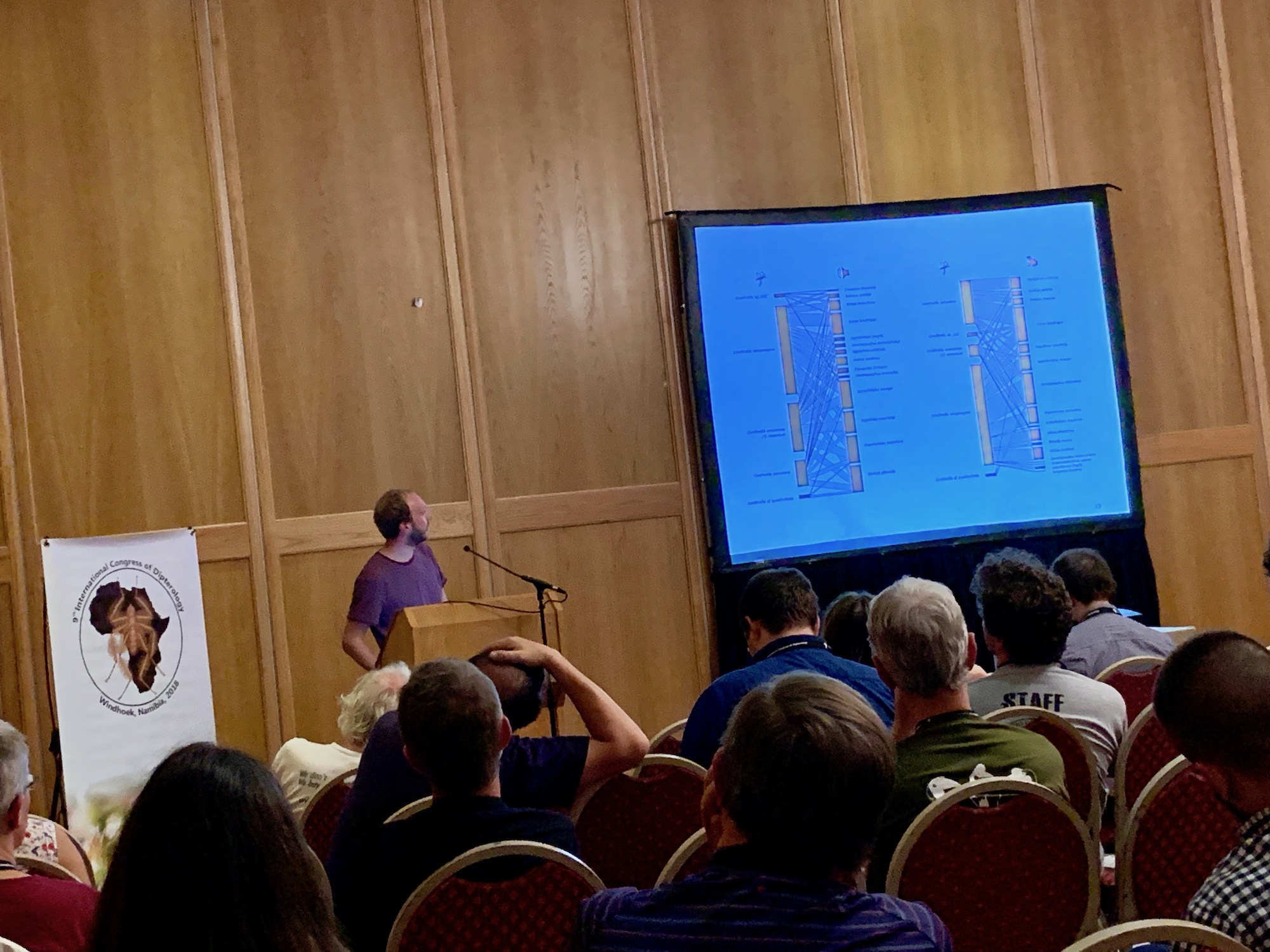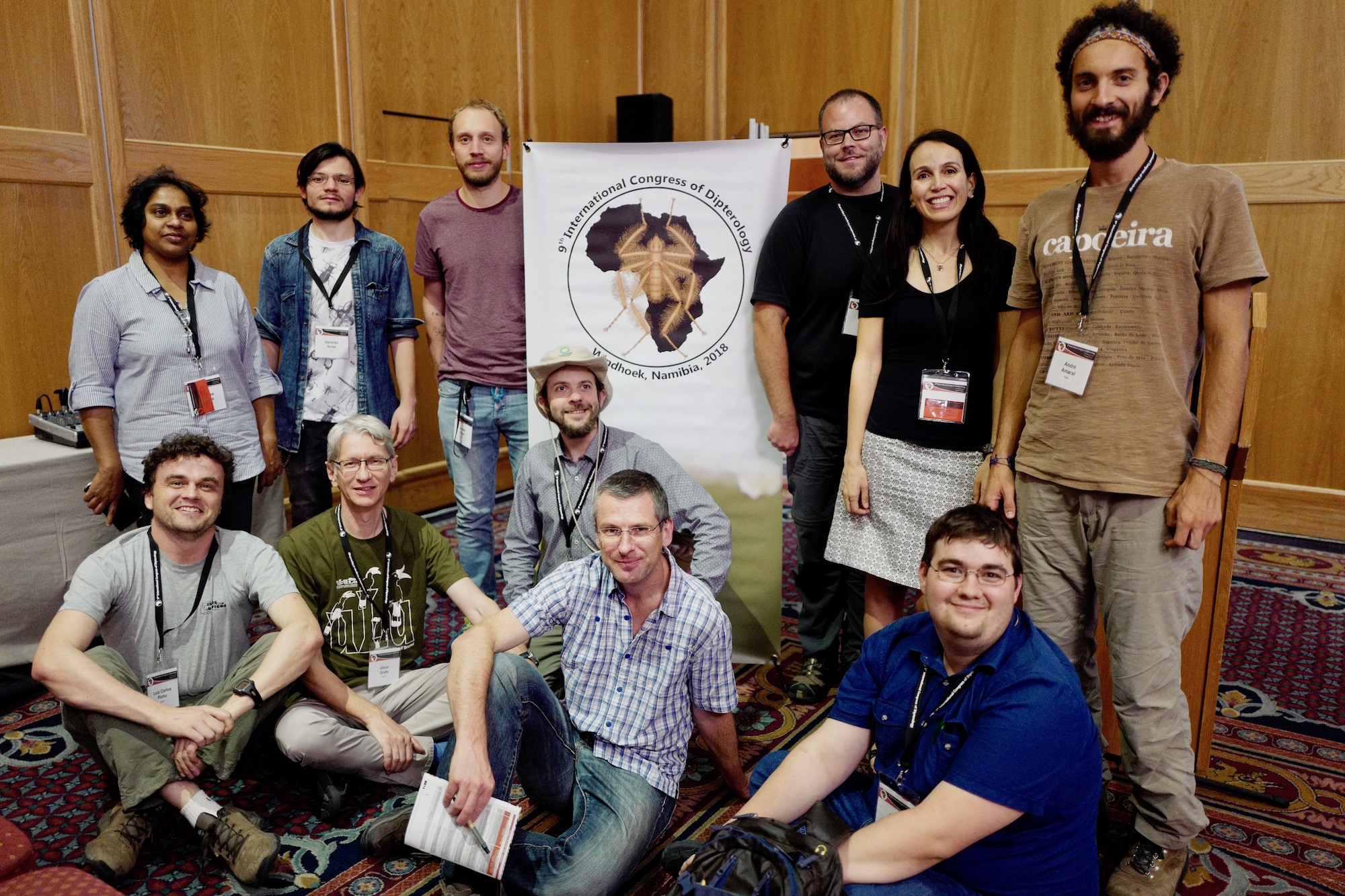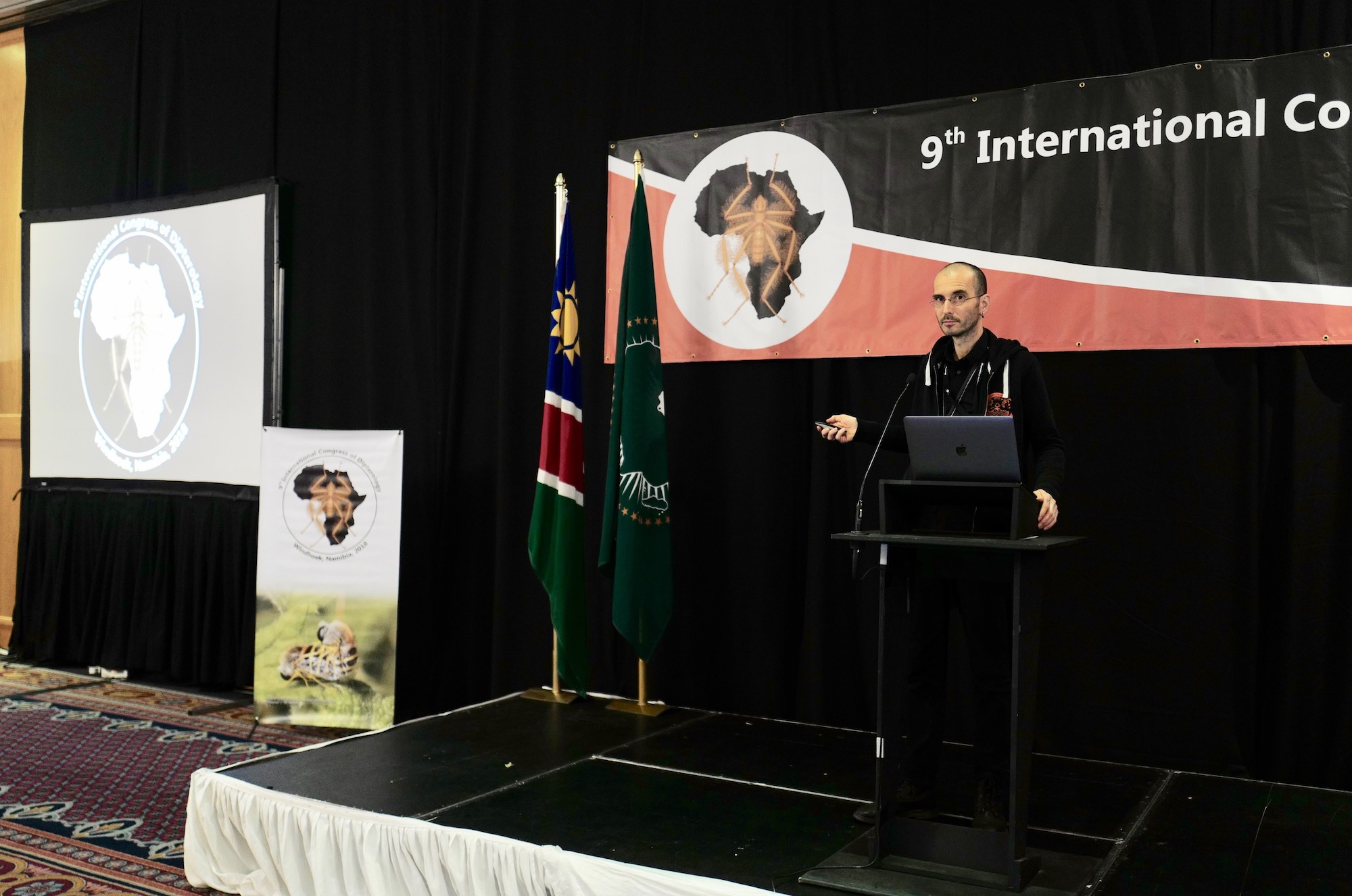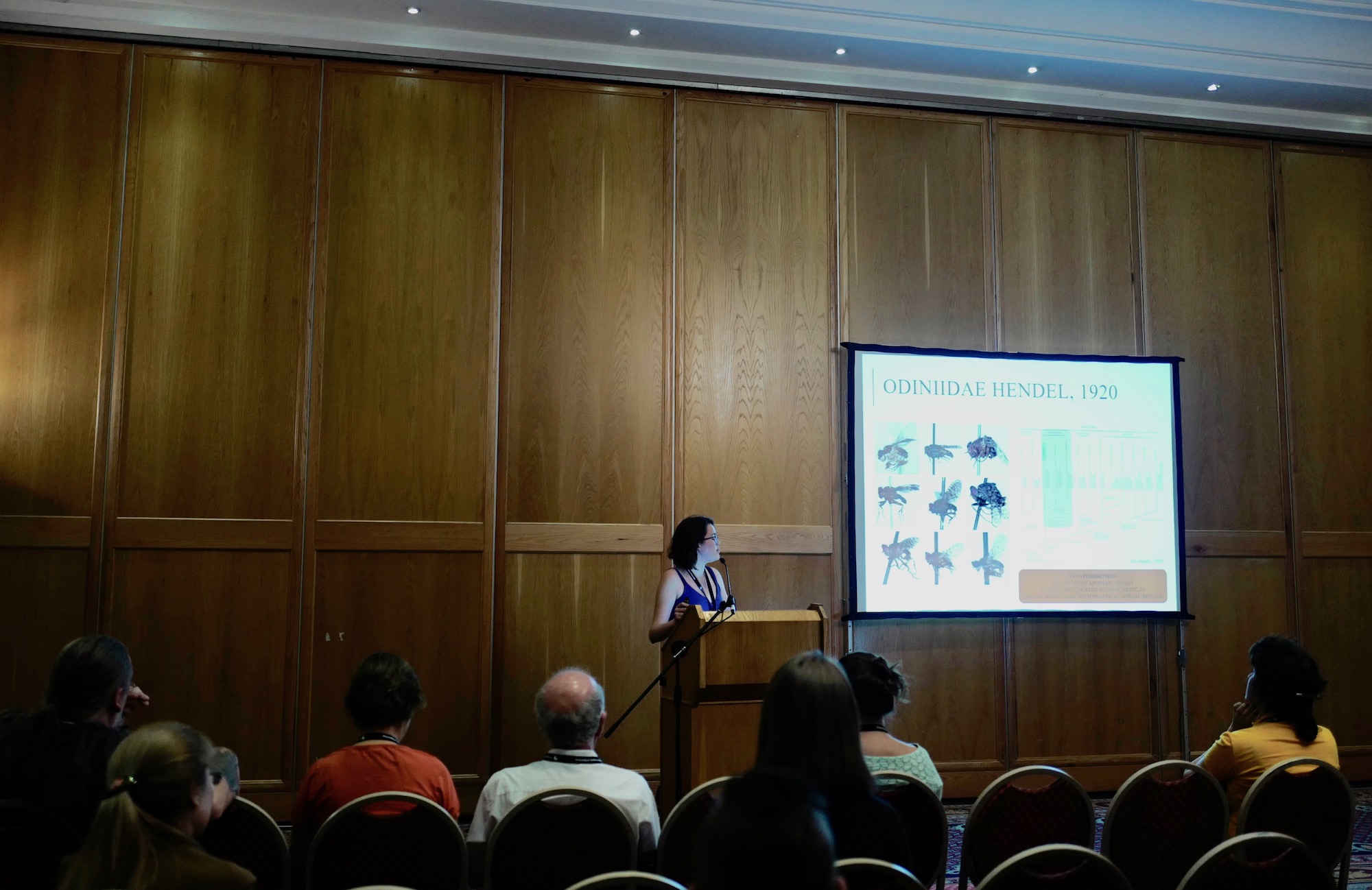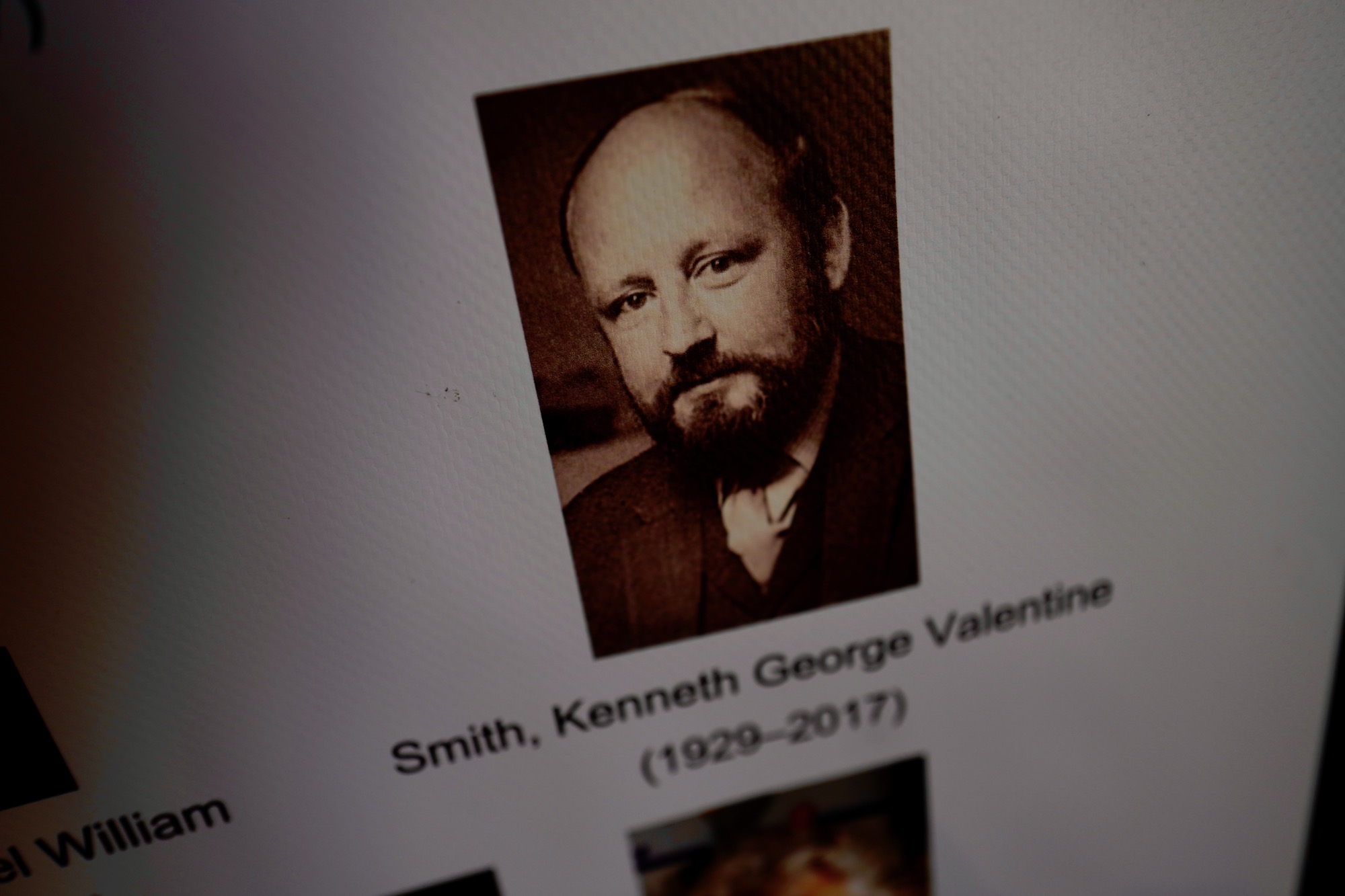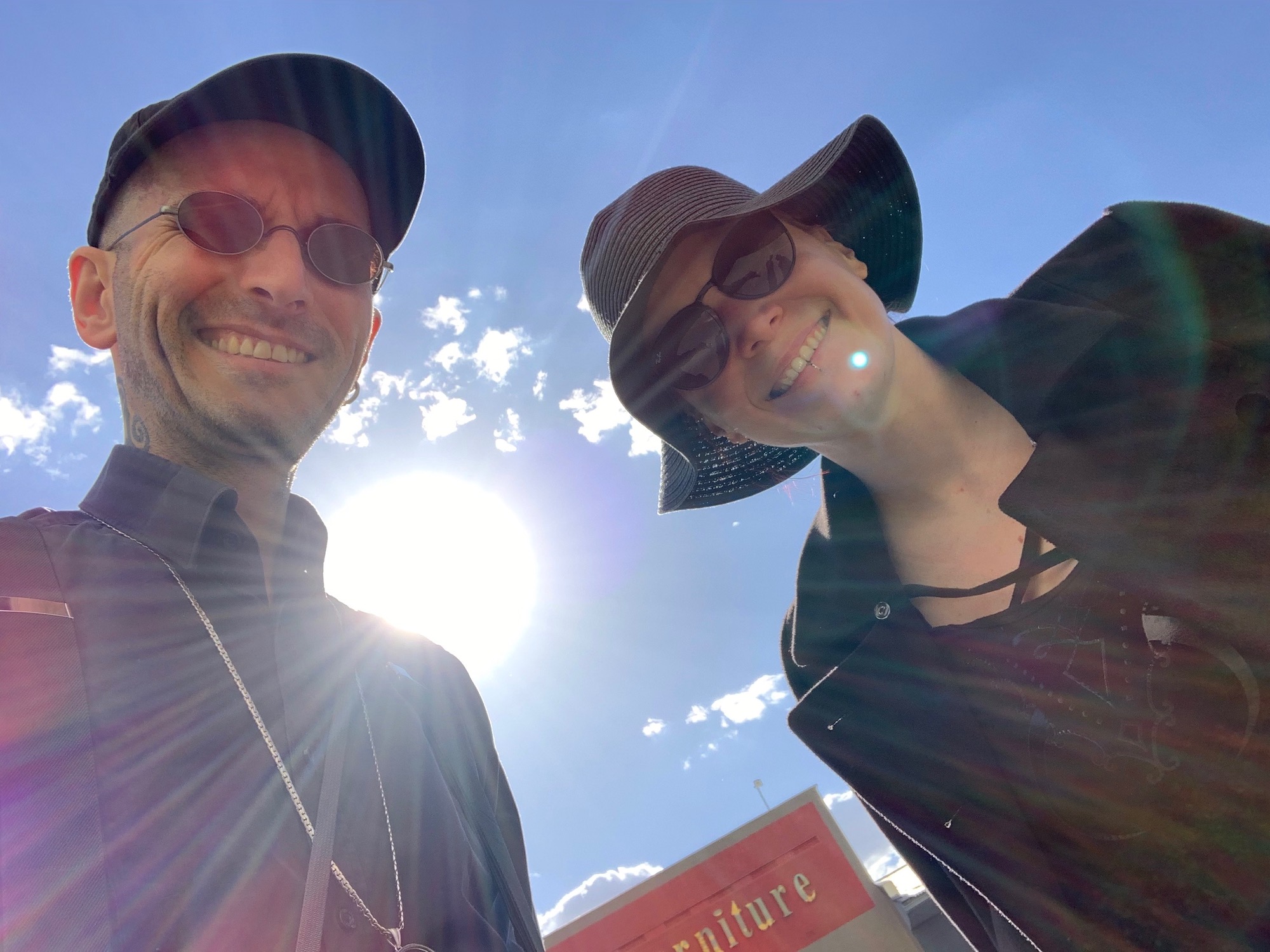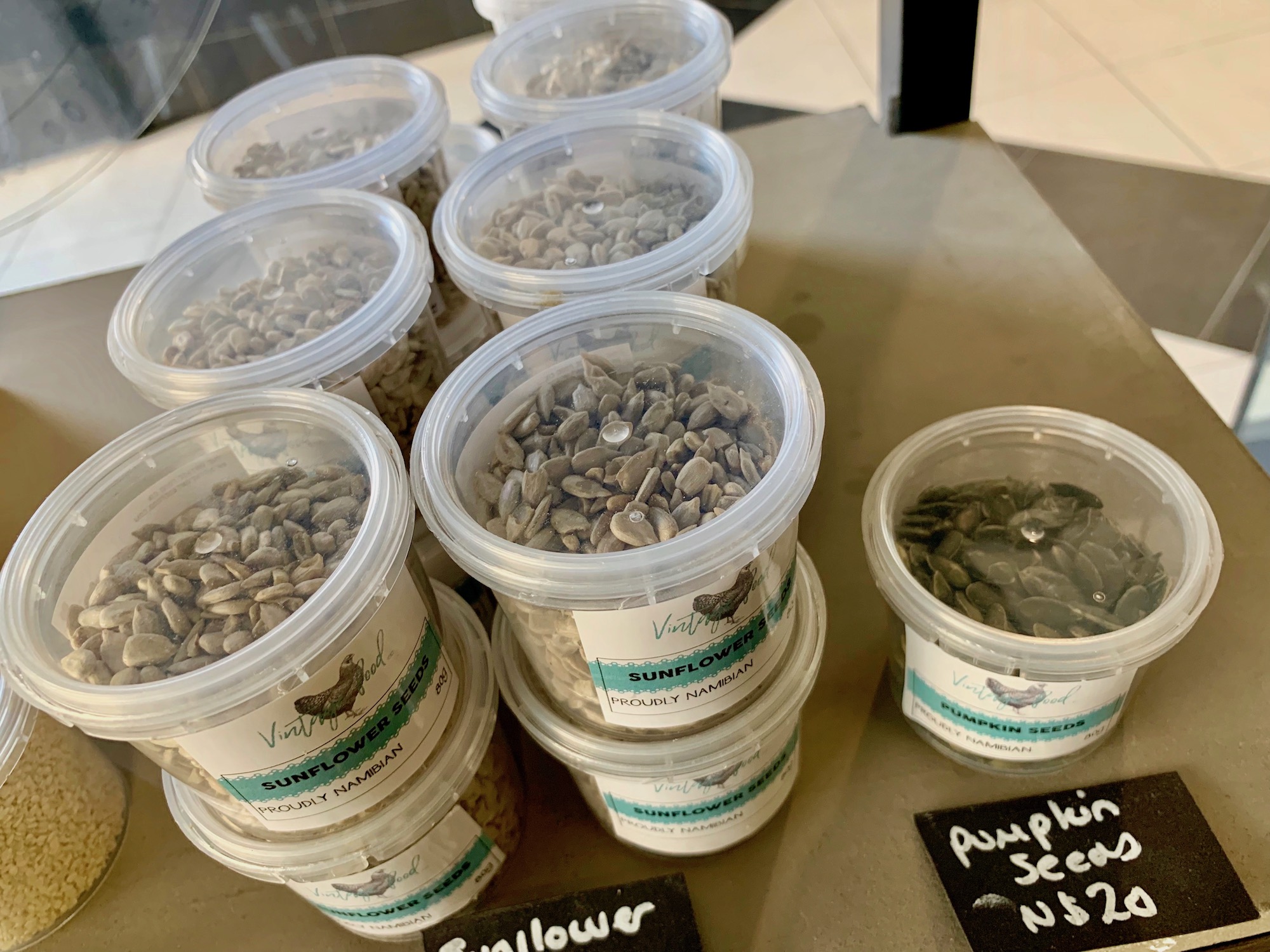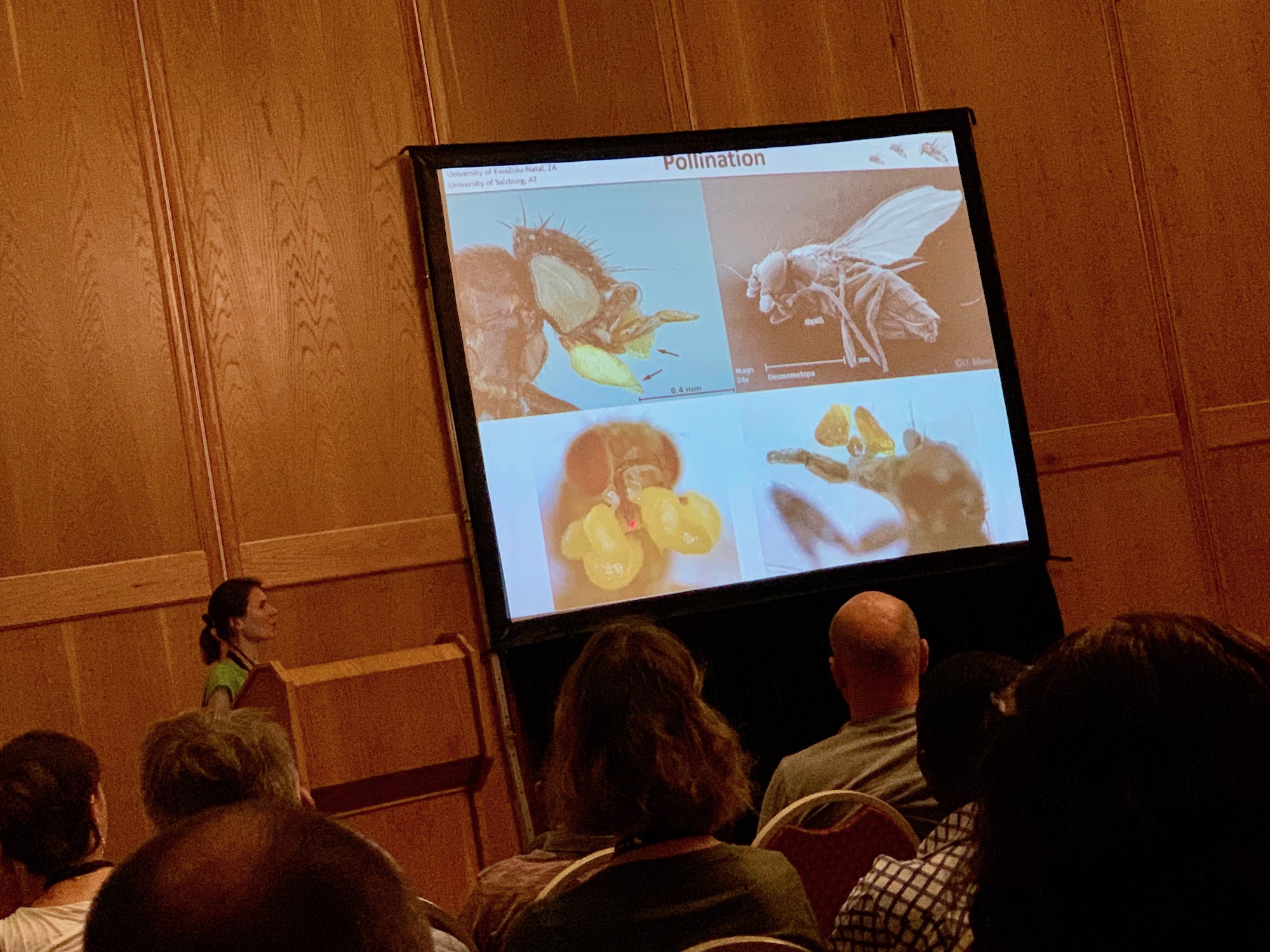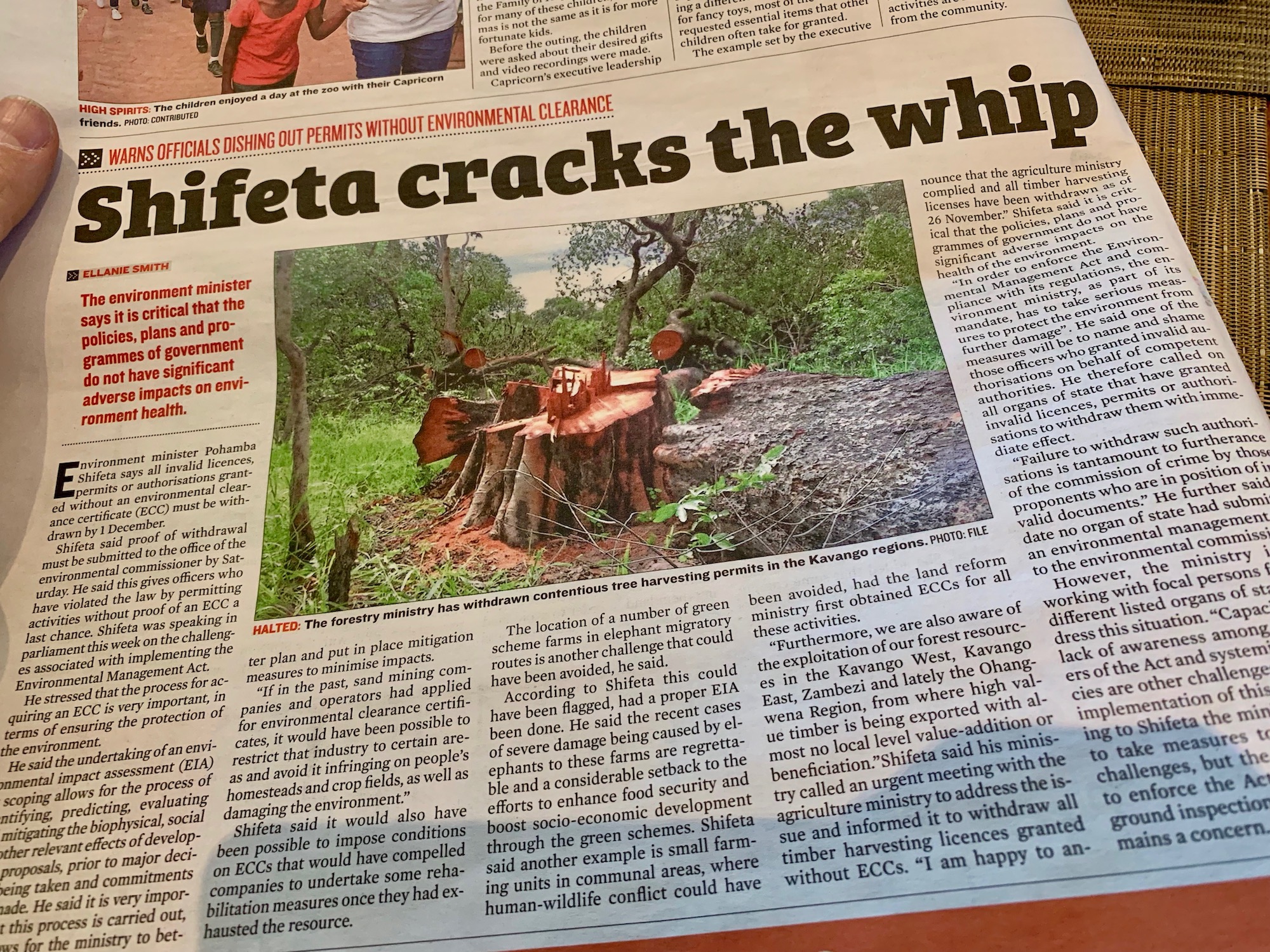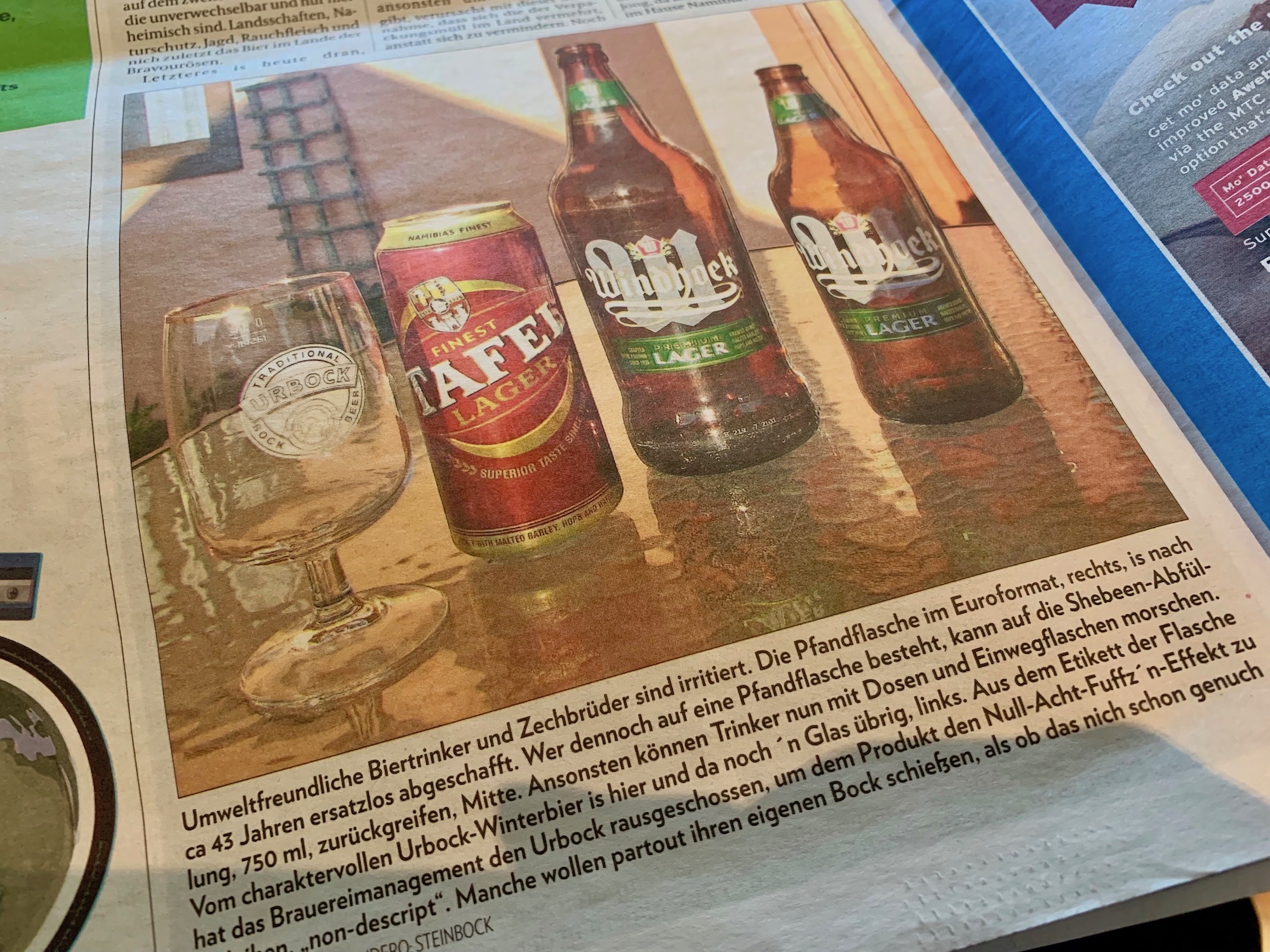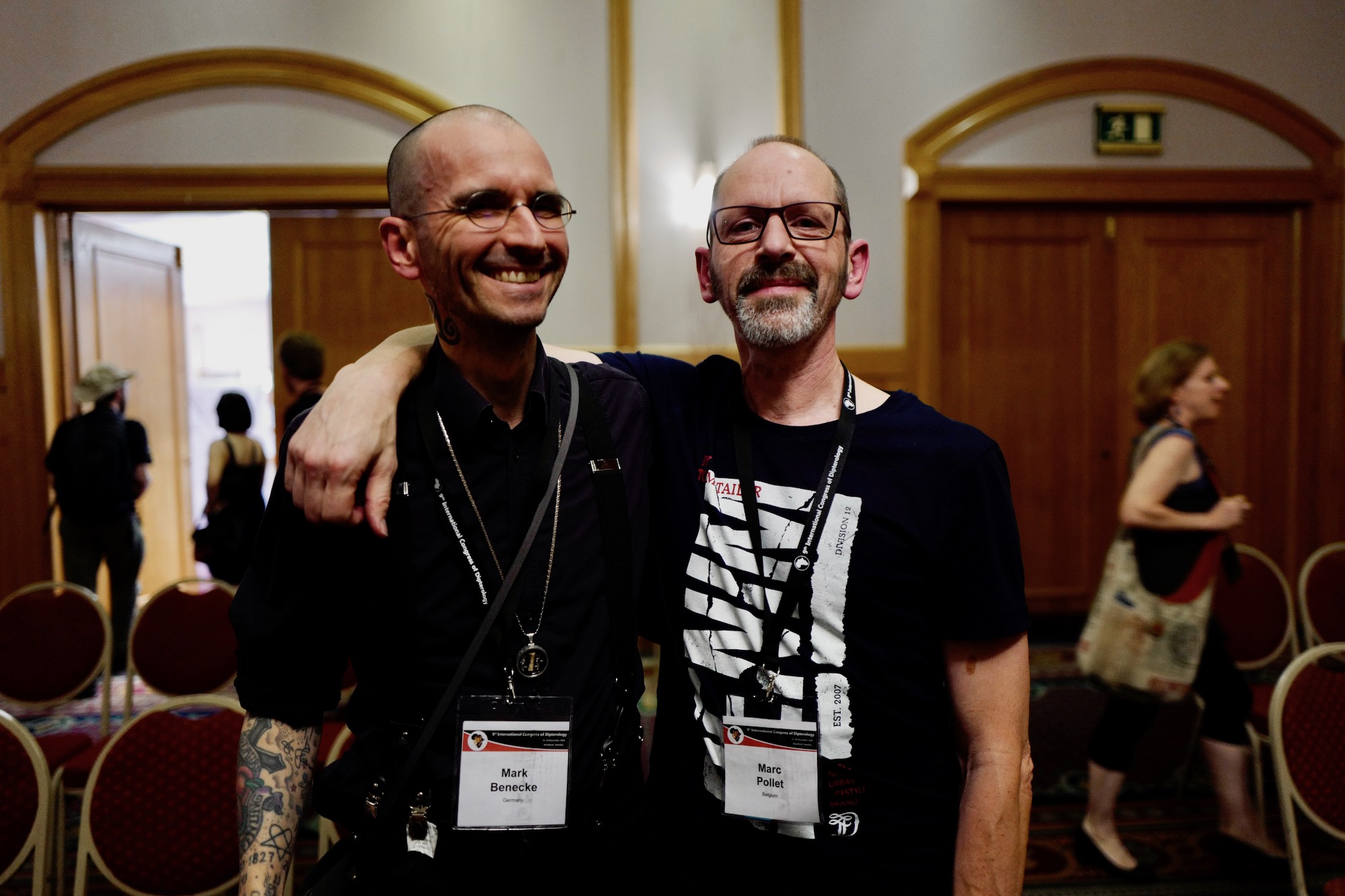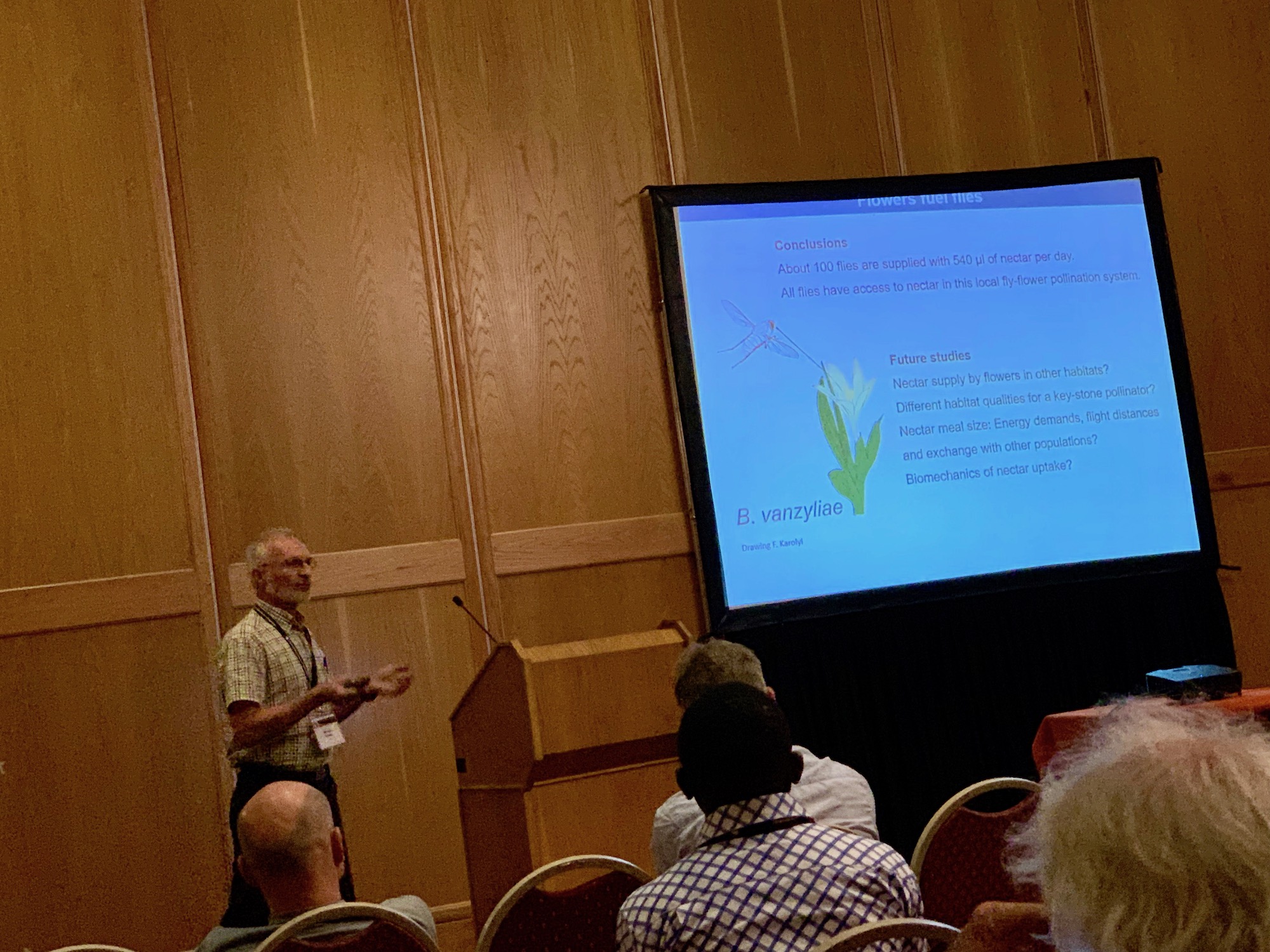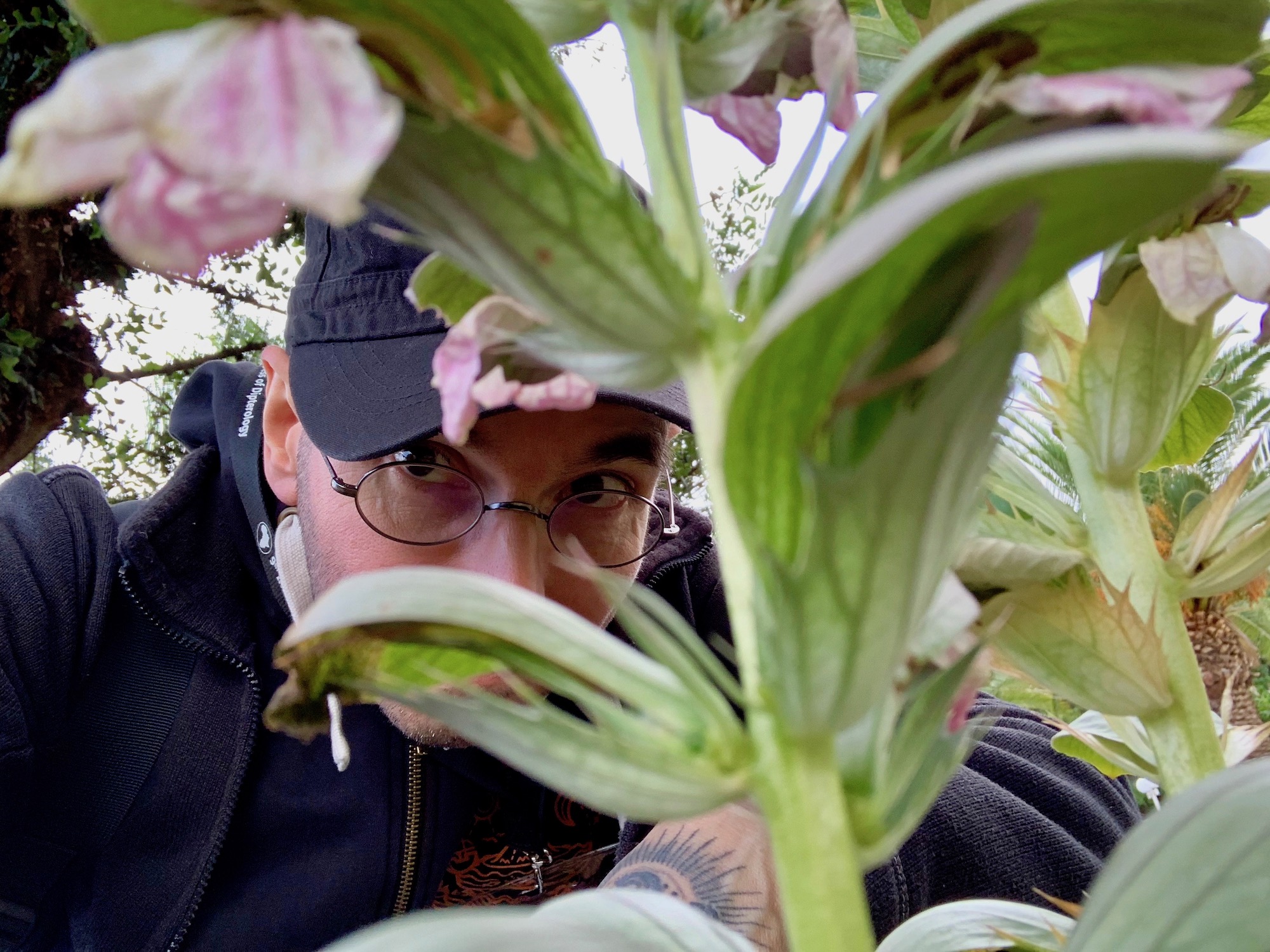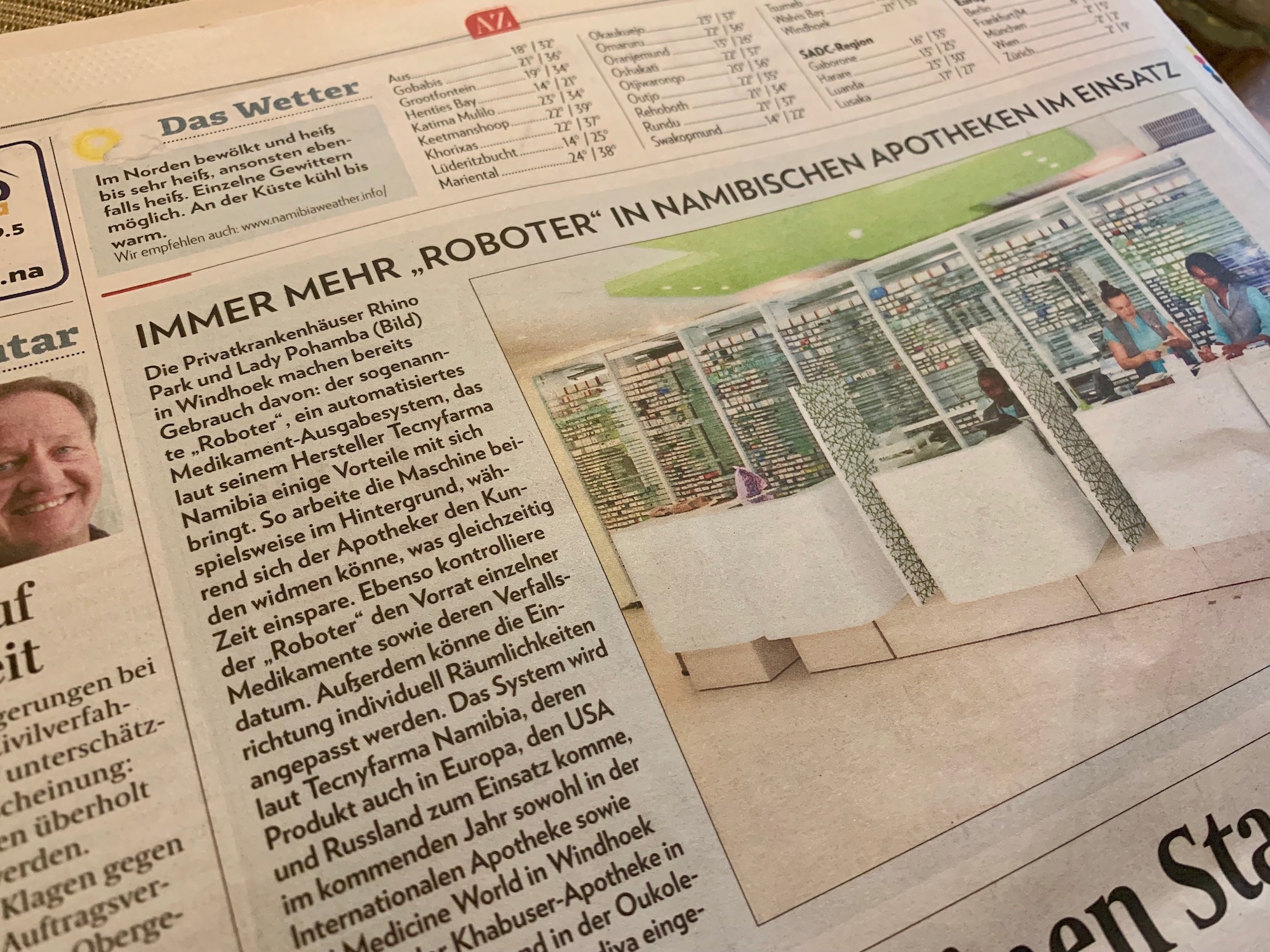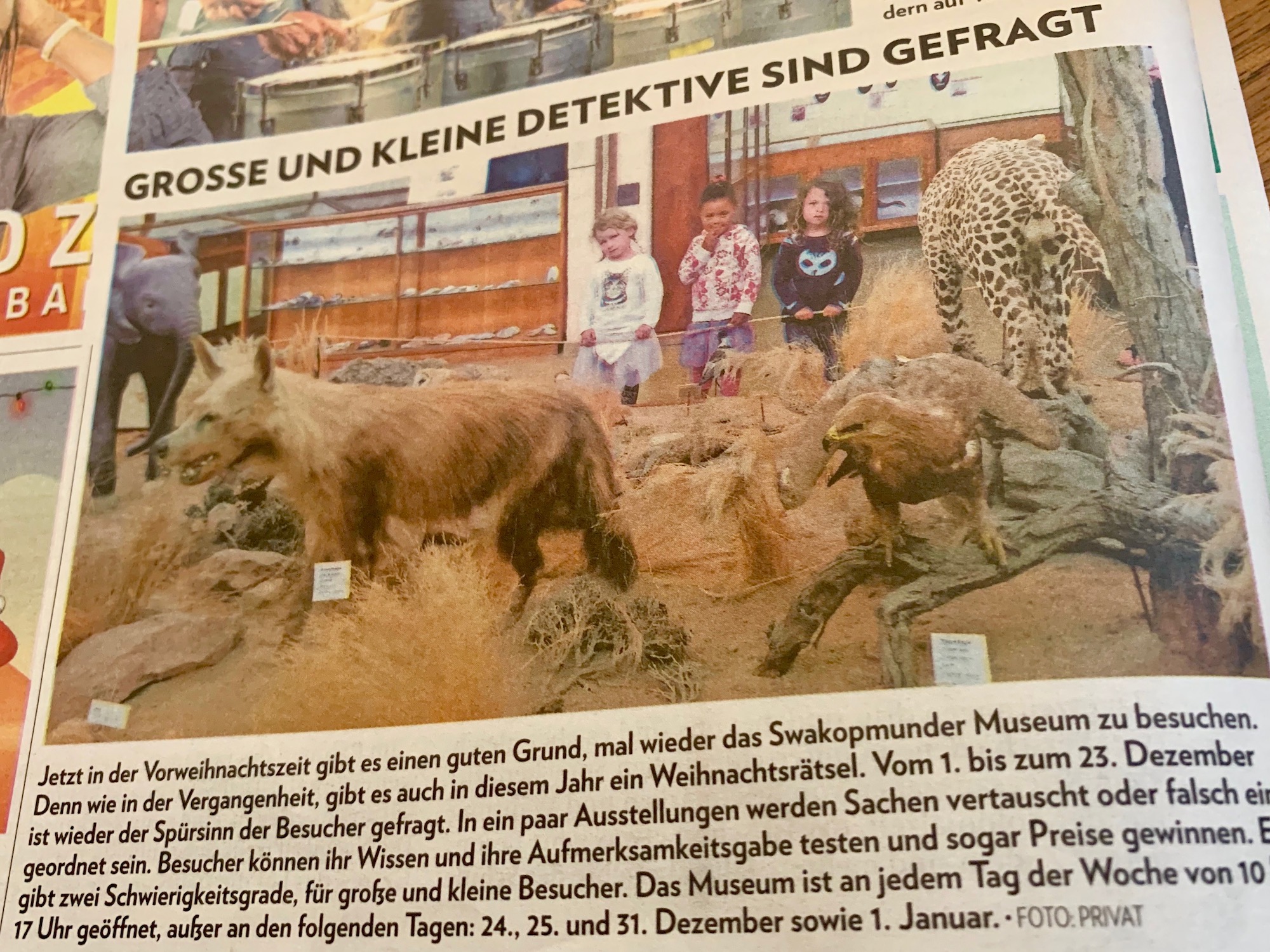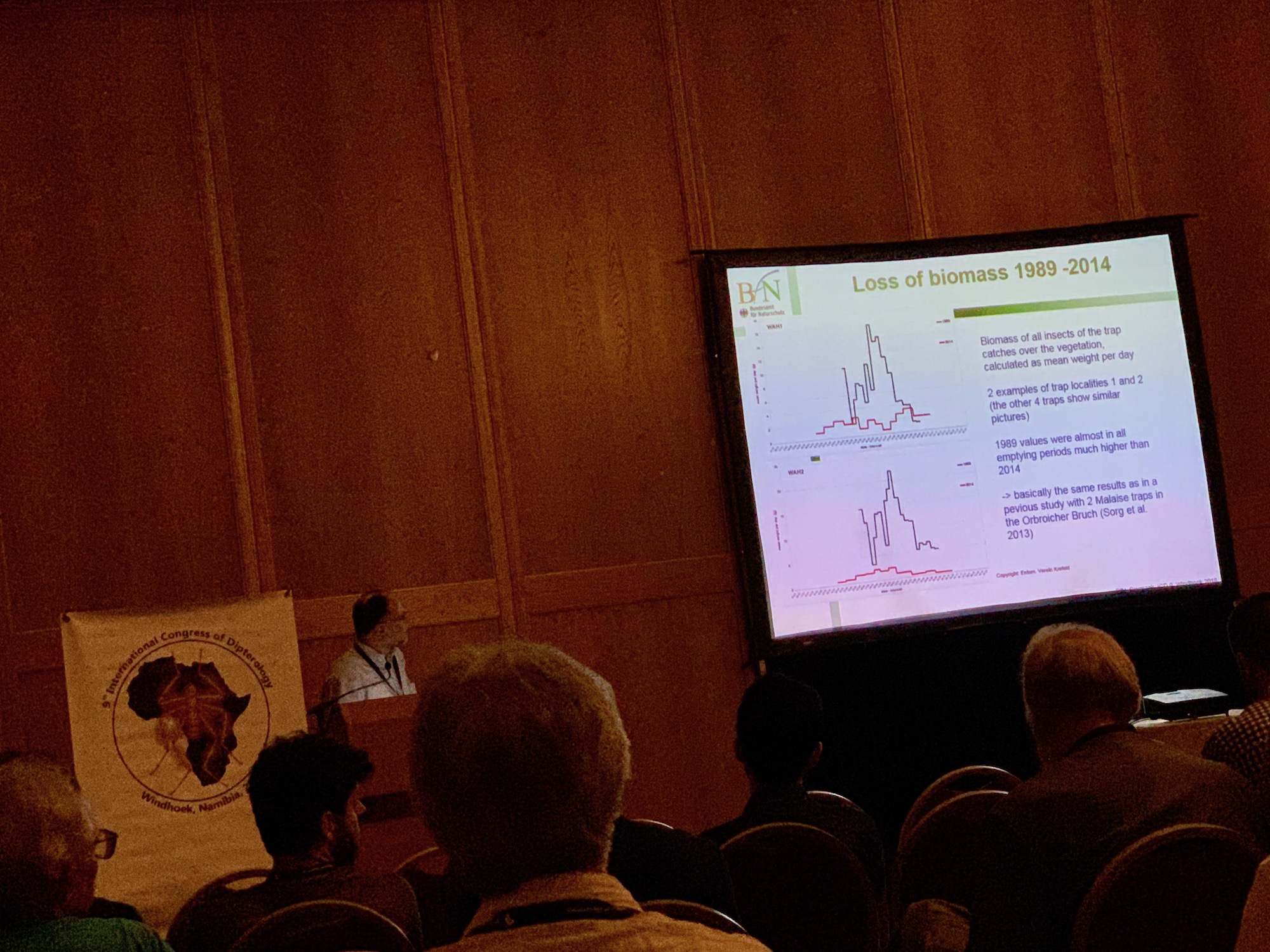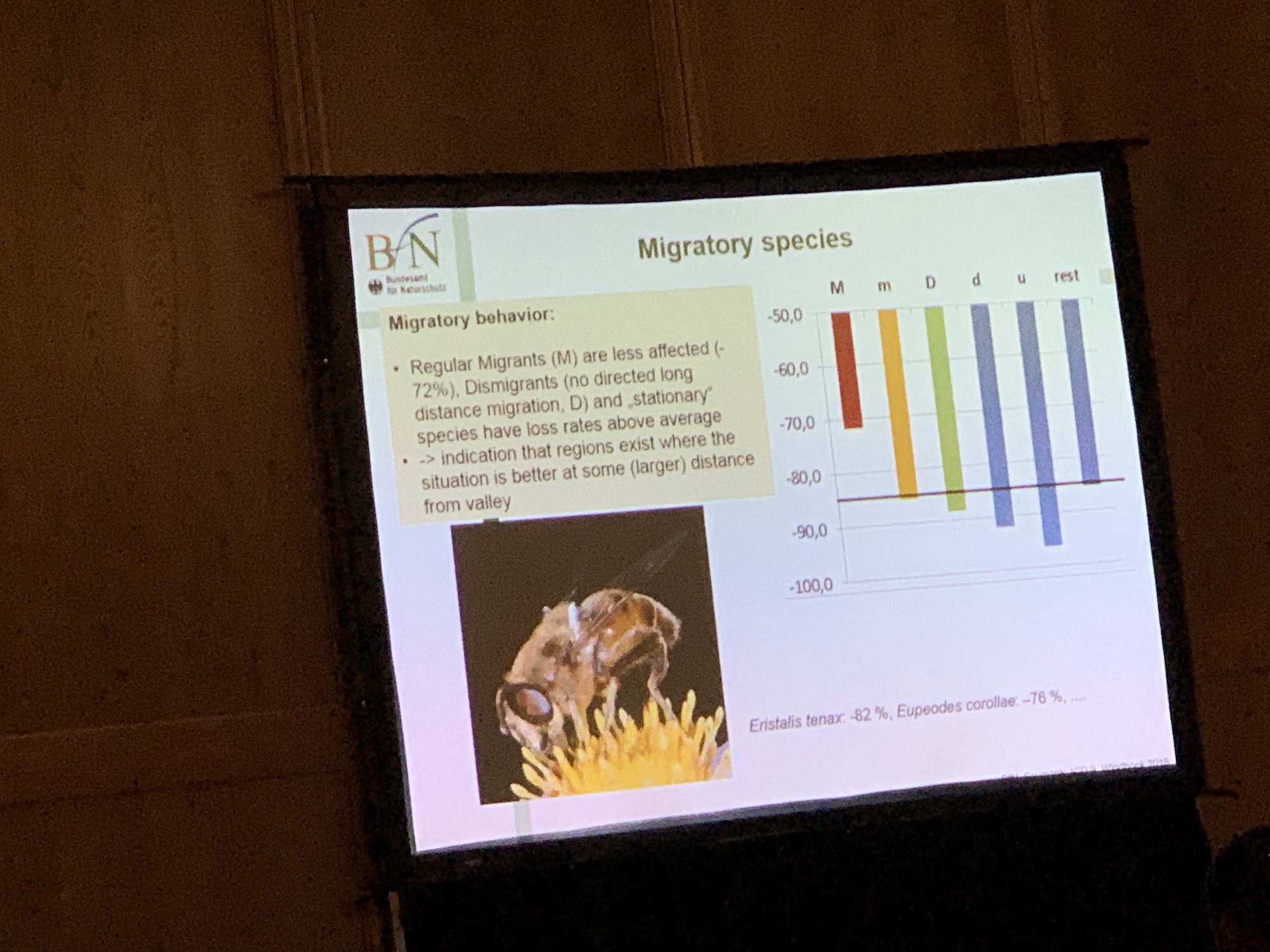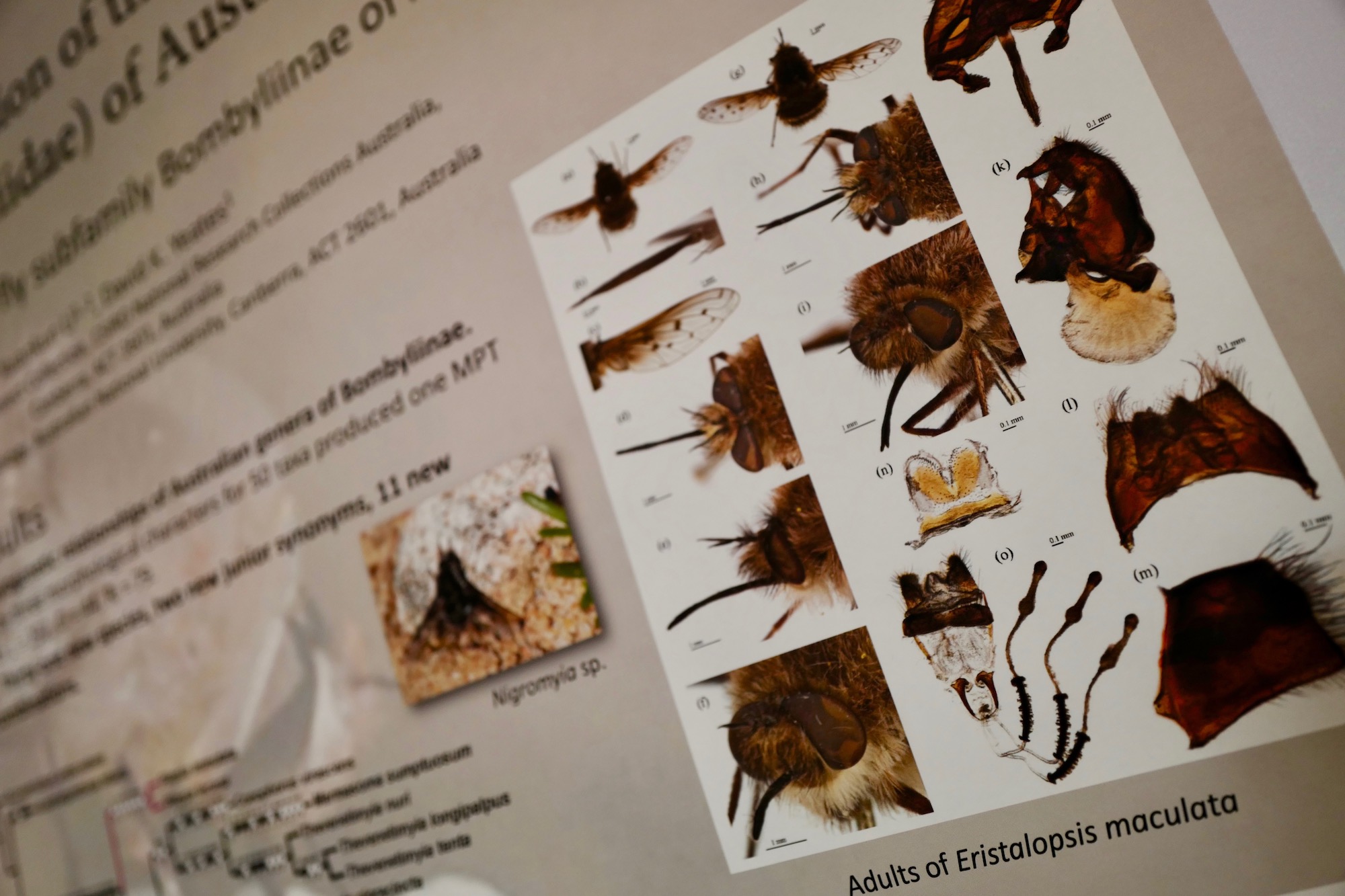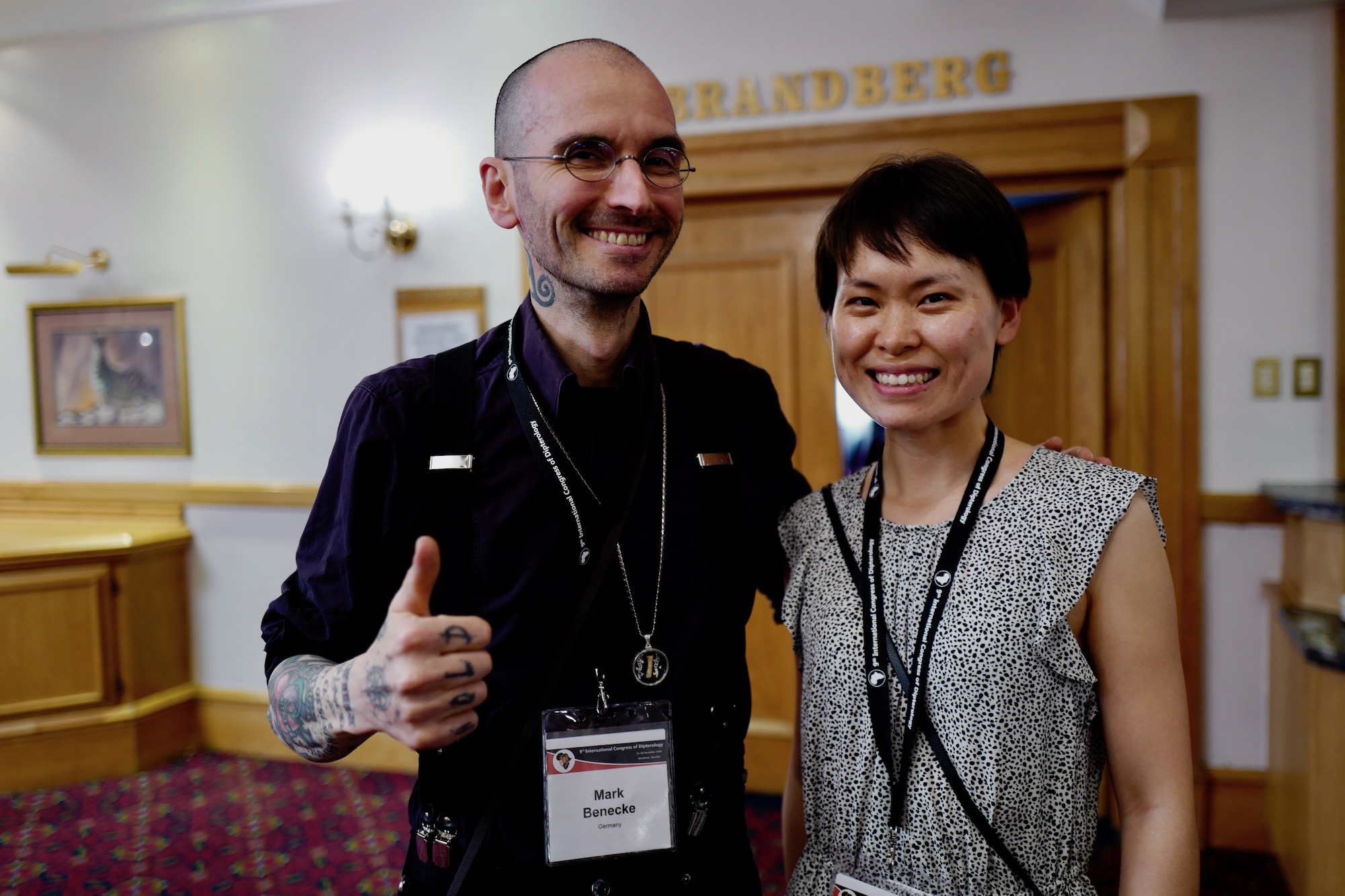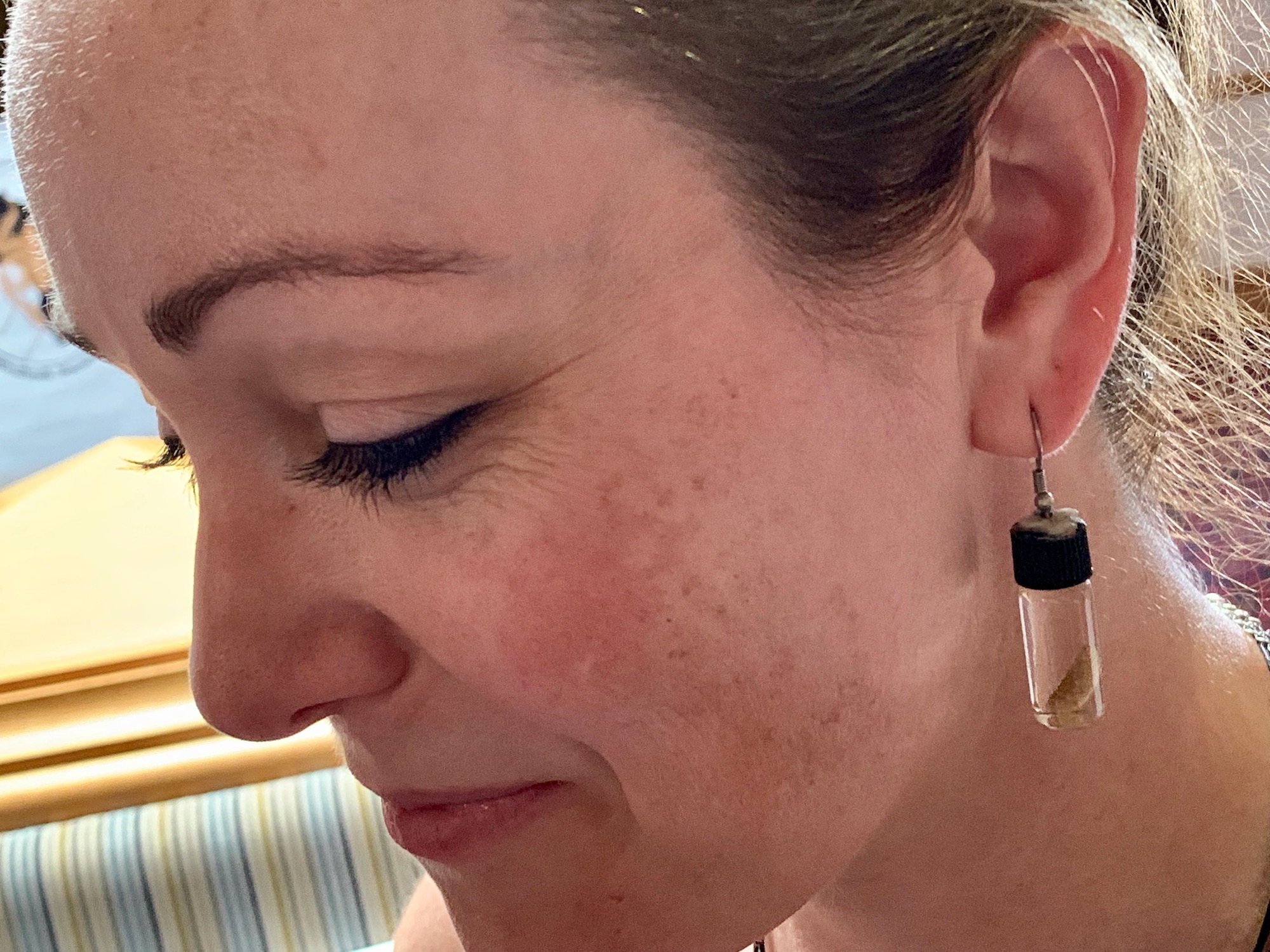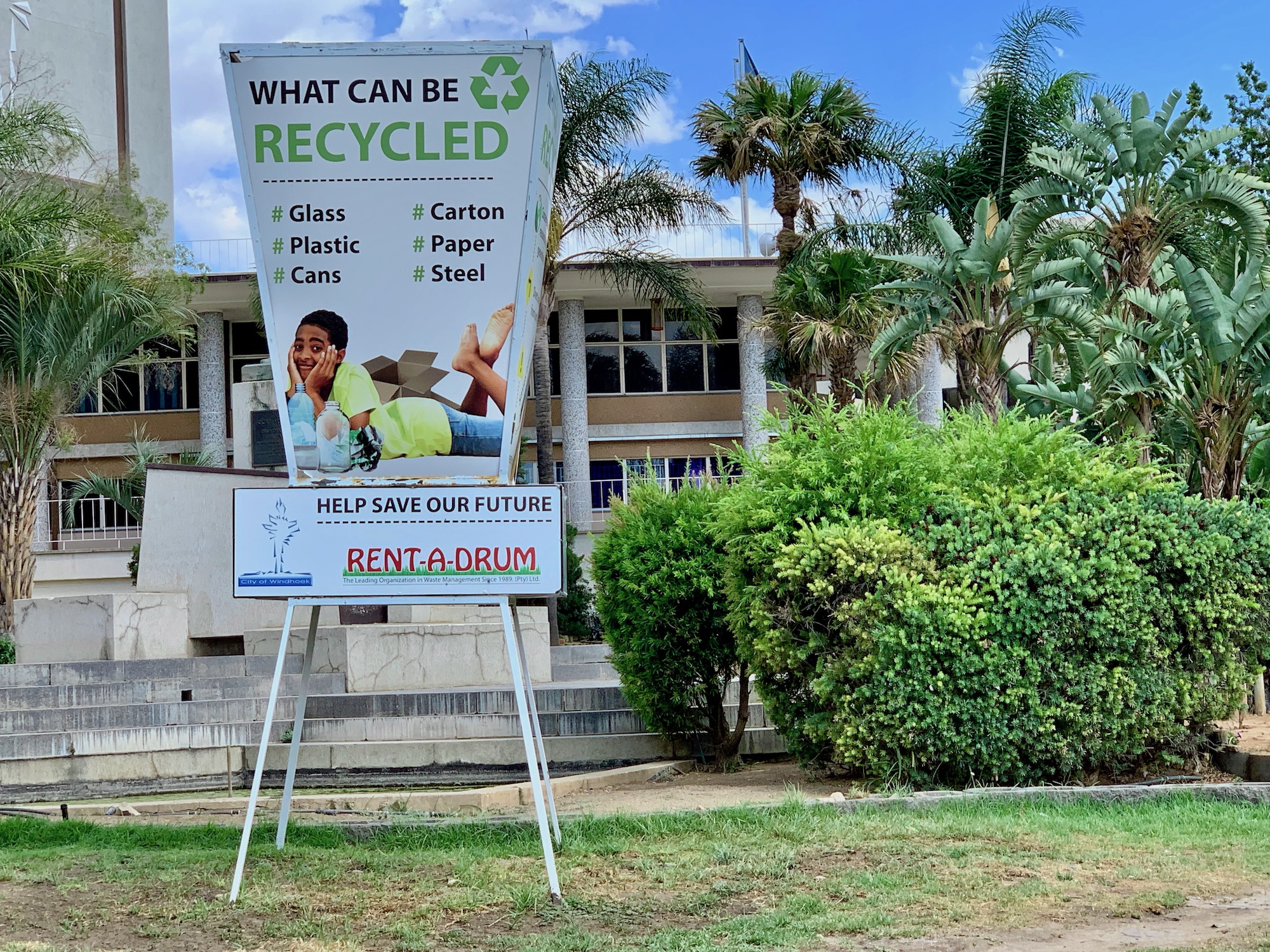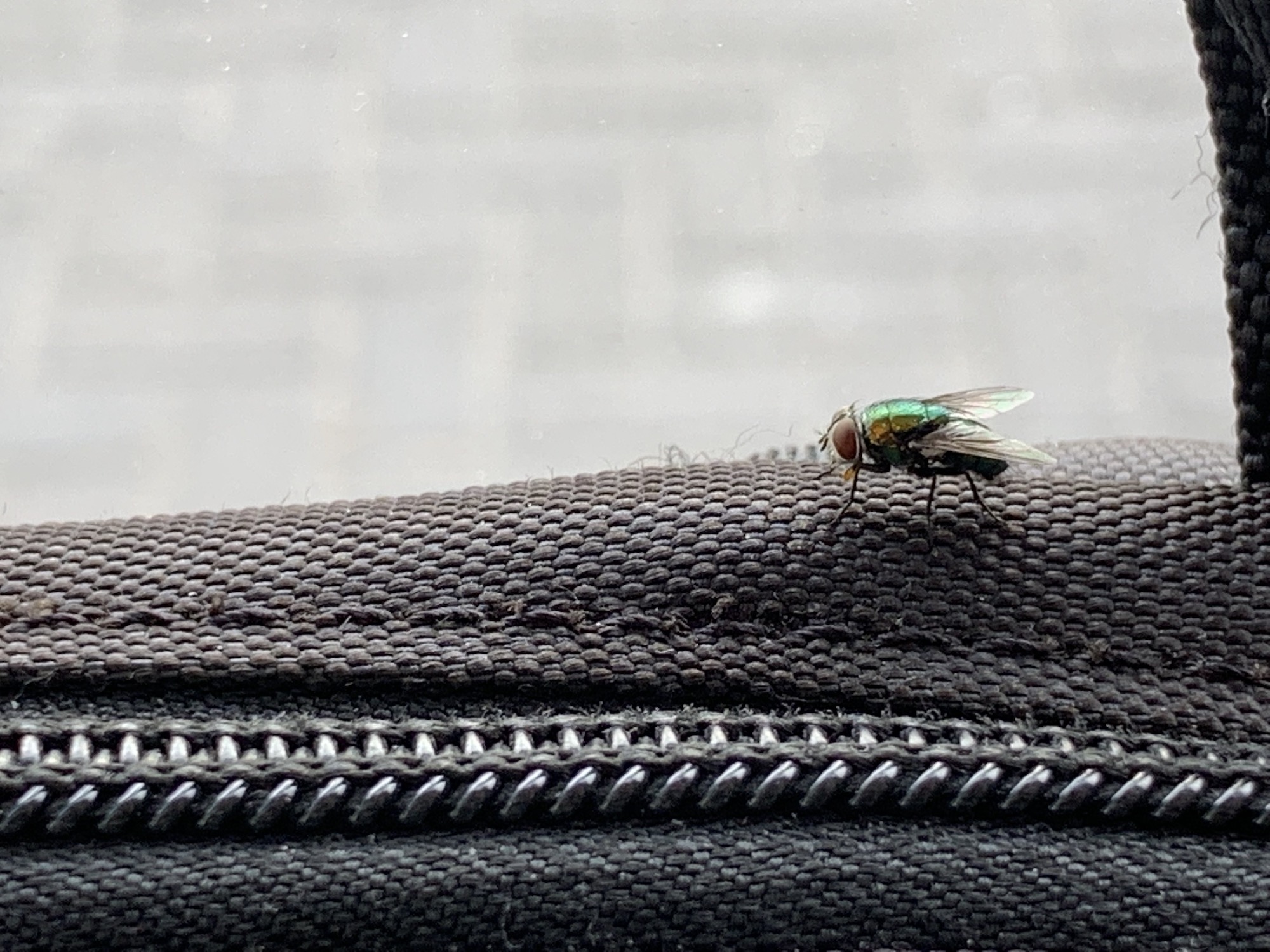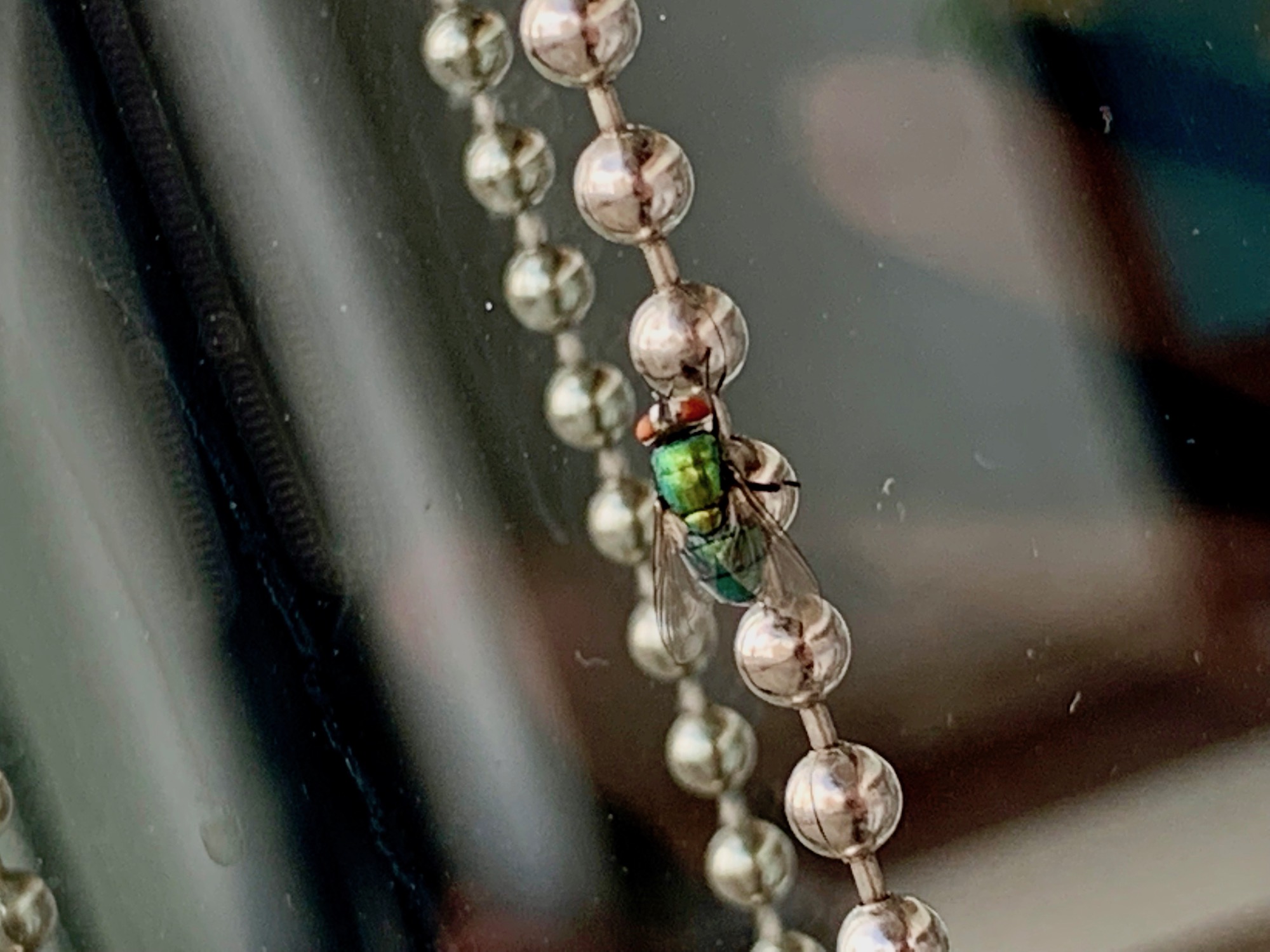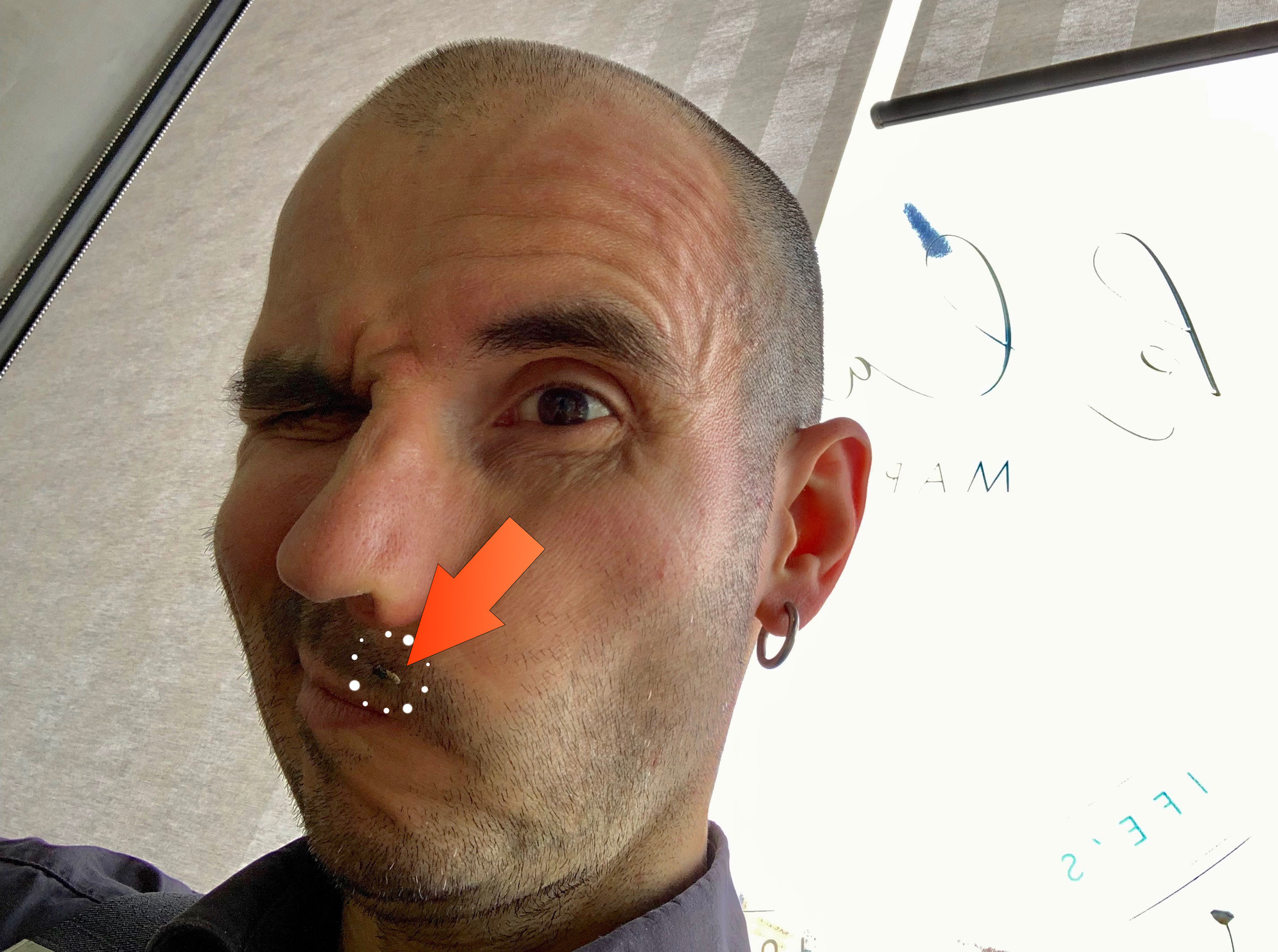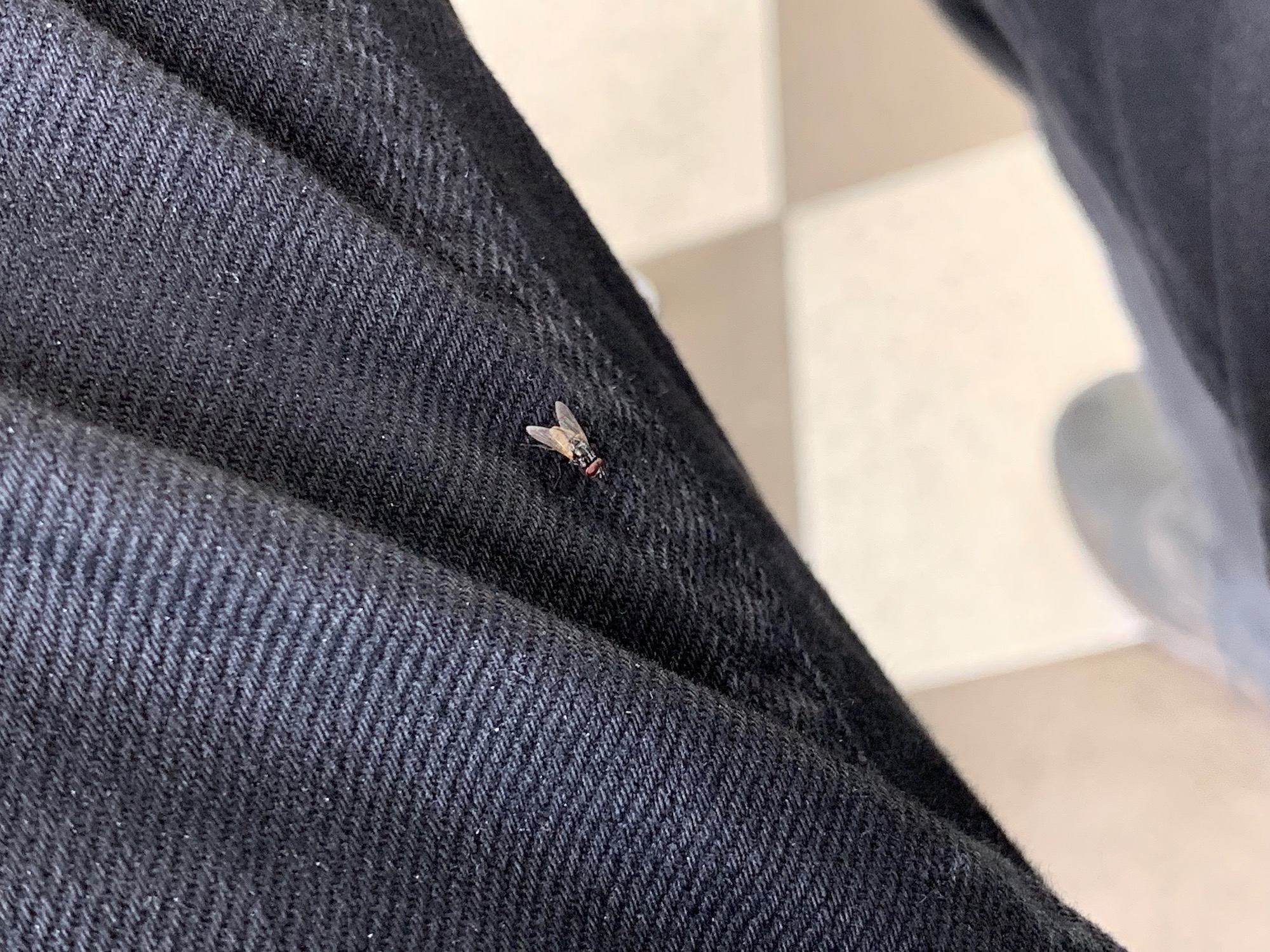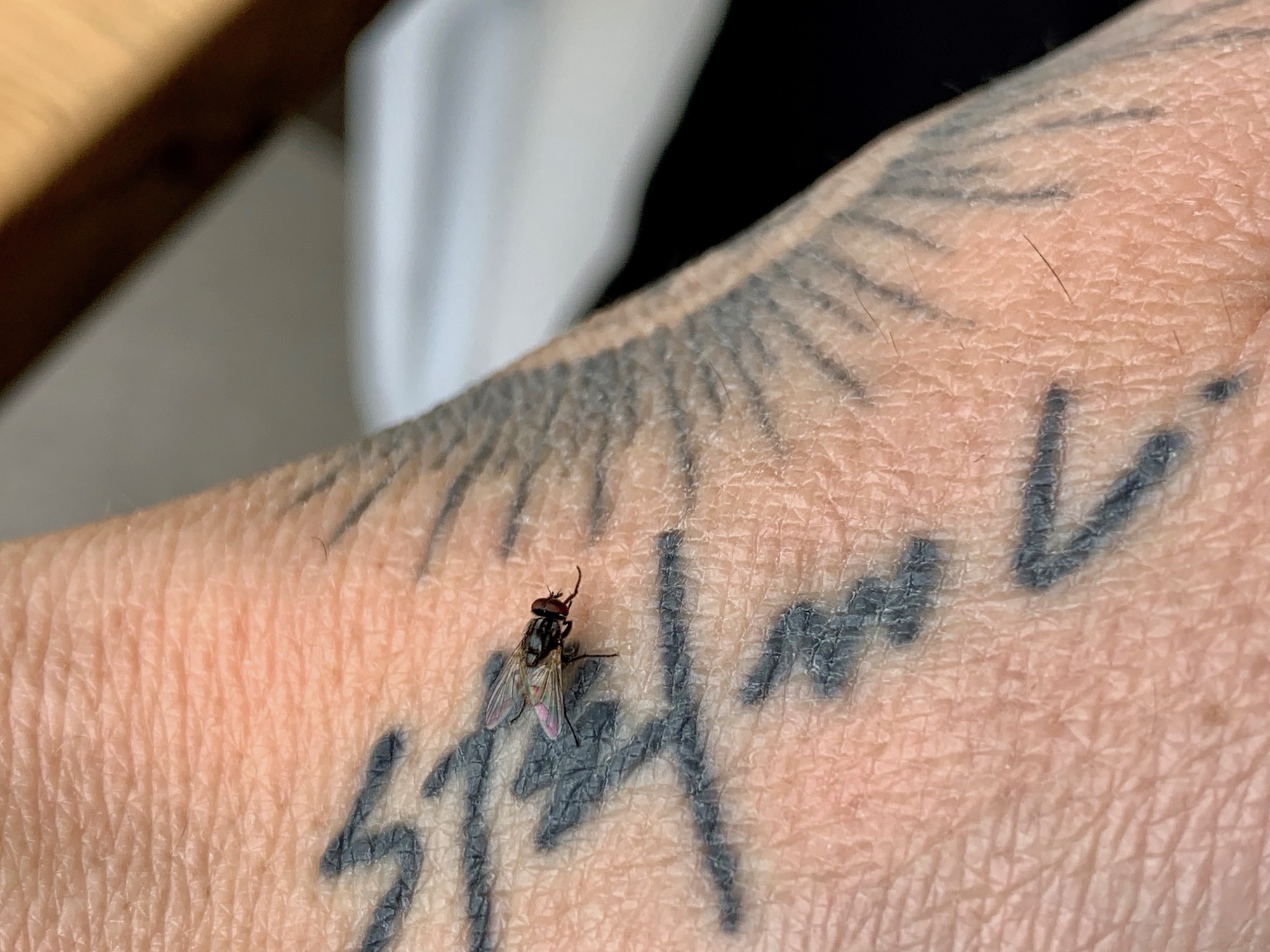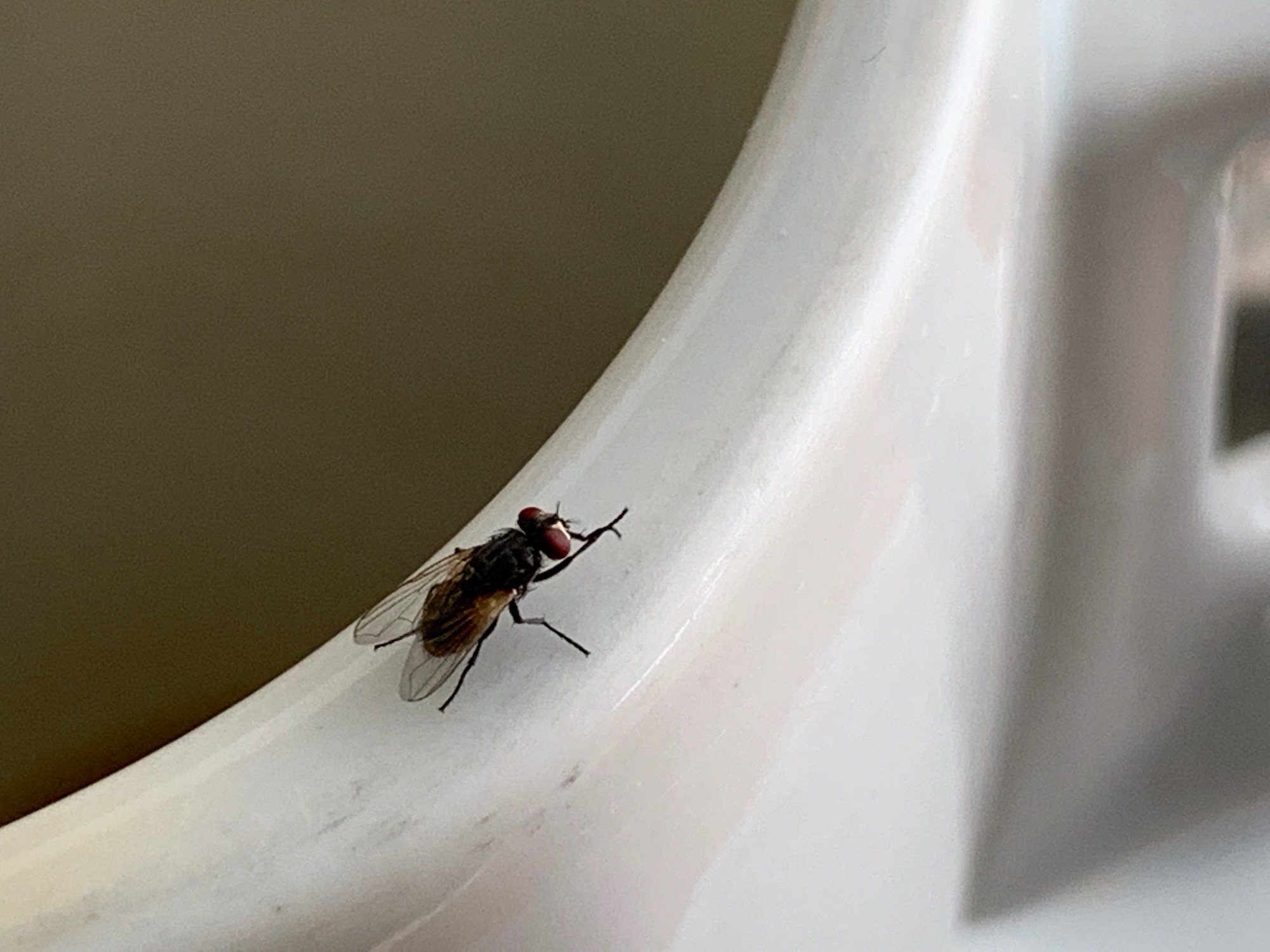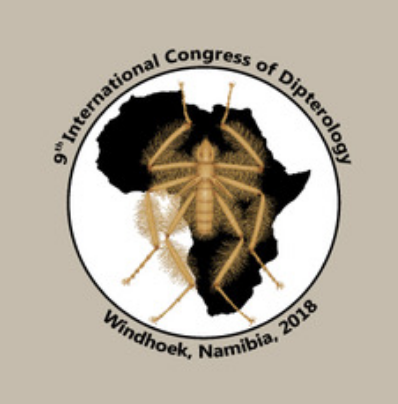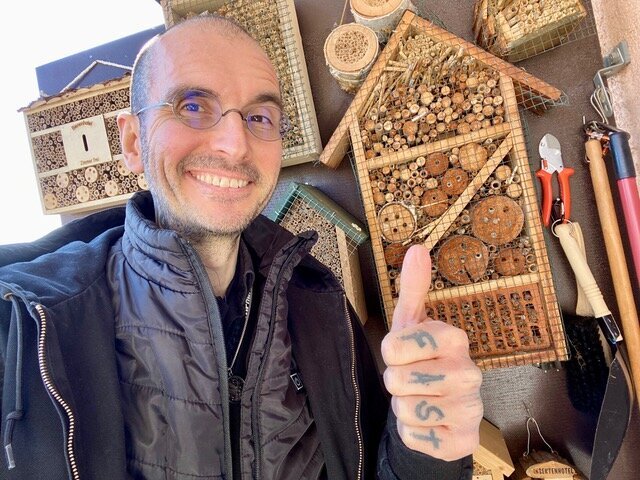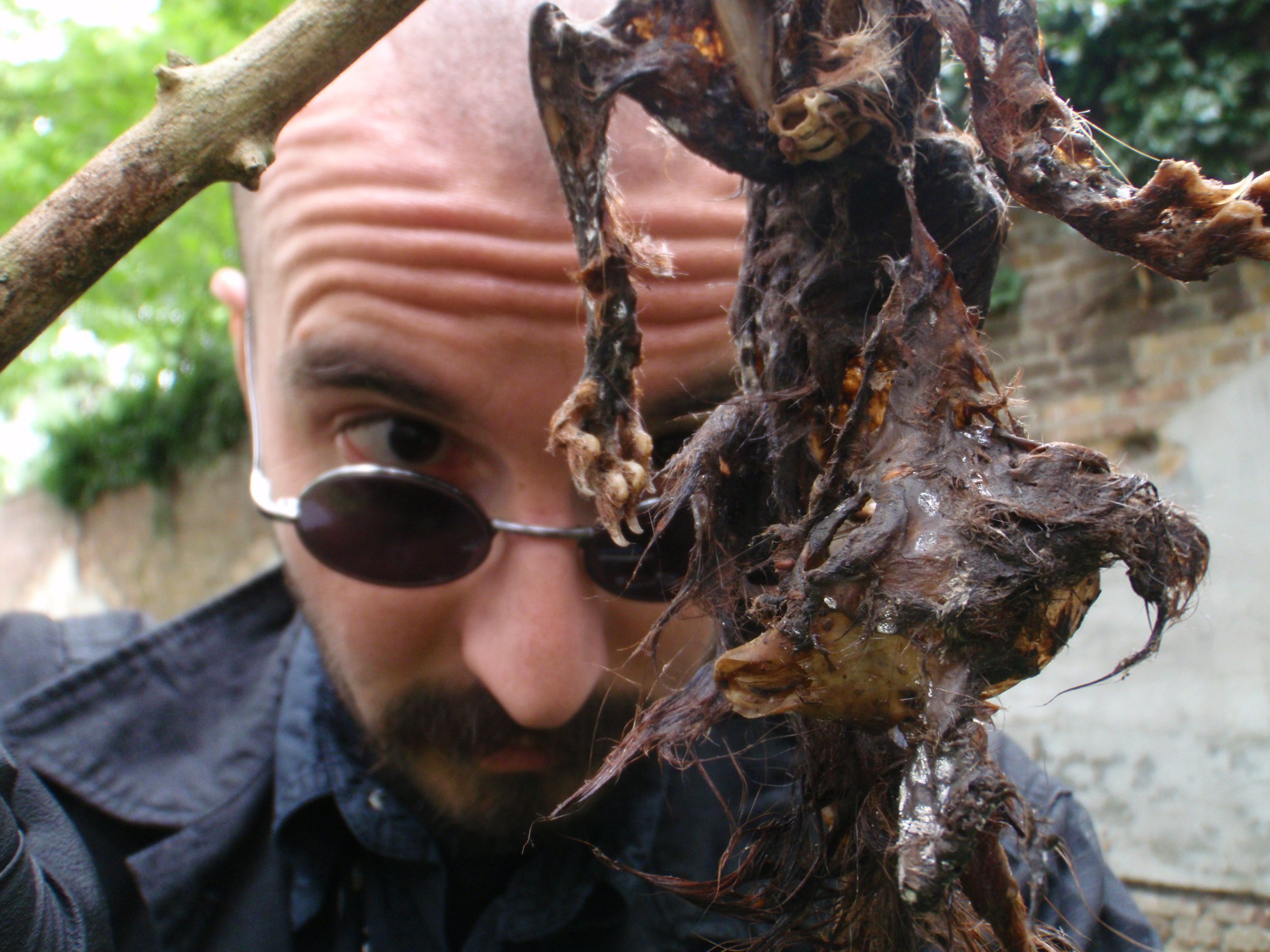Forensic Biologist Dr. Mark Benecke gave three speeches at the congress 🦜 Tons of photographs of conference & colleagues below (scroll down, pls.). Drawing: Timo Grubing
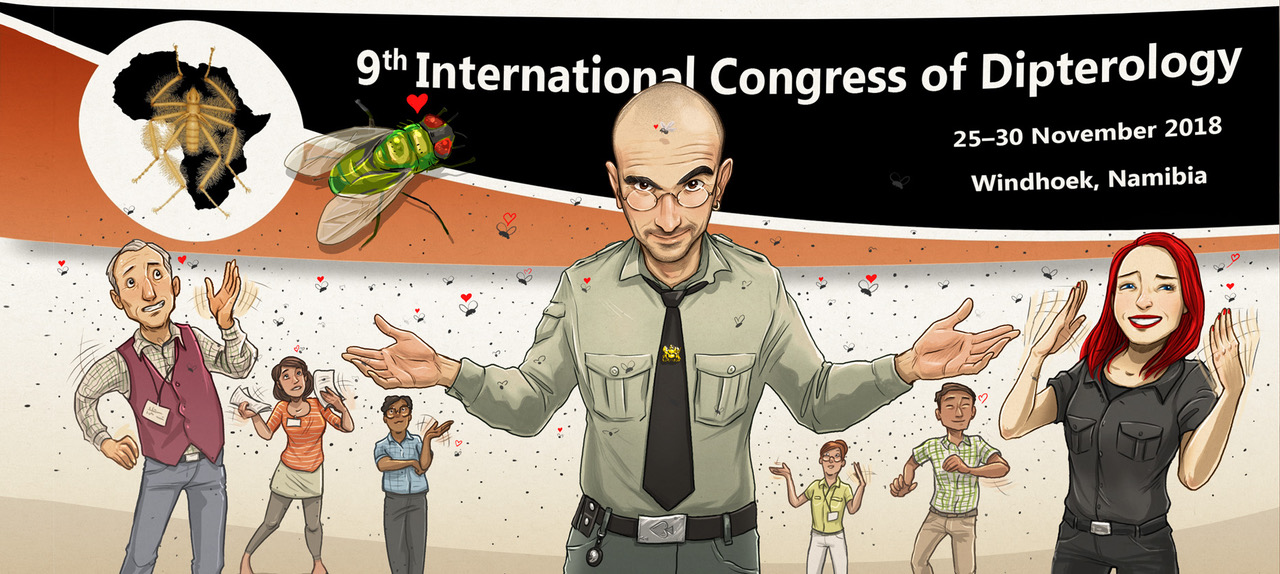

Forensic dipterology
More than meets the eye – forensic analysis of insect stains from persons suffering from delusional insect parasitosis
Mark Benecke
International Forensic Research and Consulting, P.O. Box 250411, 50520 Cologne, Germany, forensic@benecke.com
Keywords: Delusional parasitosis, forensic examination, insects, psychosis, stains.
Delusional parasitosis, delusional infestation or Ekbom’s syndrome; earlier known as “matchbox syndrome”, due to the obsessive collecting of small alleged insect parts in matchboxes; is a regular occurrence in forensic consulting offices. Since the office reports on stains, i.e., actual findings, but not about sanity and reason, insect parts were checked in samples provided by persons who have been determined to have psychological problems or are unwell. It was surprising to find that, together with skin and textile fibres, insect parts did regularly occur in several of the samples examined. The reasons for this were, however, not due to direct infestations with insects, but an involuntary carryover from nature and a general lack of hygiene. Over the past twenty years body parts have been examined of Diptera, Coleoptera, Chalcidoidea (Hymenoptera) and other insects that cannot and do not normally occur in or on the human body. Some cases are described, including communication of the results to clients and psychiatrists/psychologist.
General dipterology
Supermassive insect species loss in Germany
Mark Benecke (1) & Martin Sorg (2)
(1) International Forensic Research and Consulting, P.O. Box 250411, 50520 Cologne, Germany, forensic@benecke.com; (2) Entomologische Sammlungen and Entomologischer Verein, Krefeld, Germany.
Keywords: Ecology, food chain, forensic entomology, pollination, species loss.
In the past 28 years, it appears that Germany has lost more than half, possibly more than three-quarters, of its flying insect biomass and flying insect biodiversity. In mid-summer the decline even amounted to 82% in flying insect biomass. Measurements were and will be taken in > 63 nature protection areas in Germany (96 unique location-year combinations prior to 2017), by the Entomological Society of Krefeld and associated individuals. The measurements were largely under reported until 2017 and the reasons for the steep decline are not yet known. As of spring 2018, the cause may not be global warming. During the summer of 2018 in one German county, a 30 million Euro programme was launched to address the topic and to gather further data until the autumn of 2018. Apart from obvious problems for pollination and food chains, there is also a decrease in information pertaining to forensic entomology cases, since it is preferred to use as many fly (and beetle) species as possible for determination of post-mortem interval and in cases of neglect. Recent data is presented here from the scientific evaluation and analysis of all collections, with a focus on the results of the Krefeld group, until the most recent collections from the autumn of 2018.
Public lecture
How flies and insects help us to understand and solve crimes
Dr Mark Benecke
(Flyer: see above)









